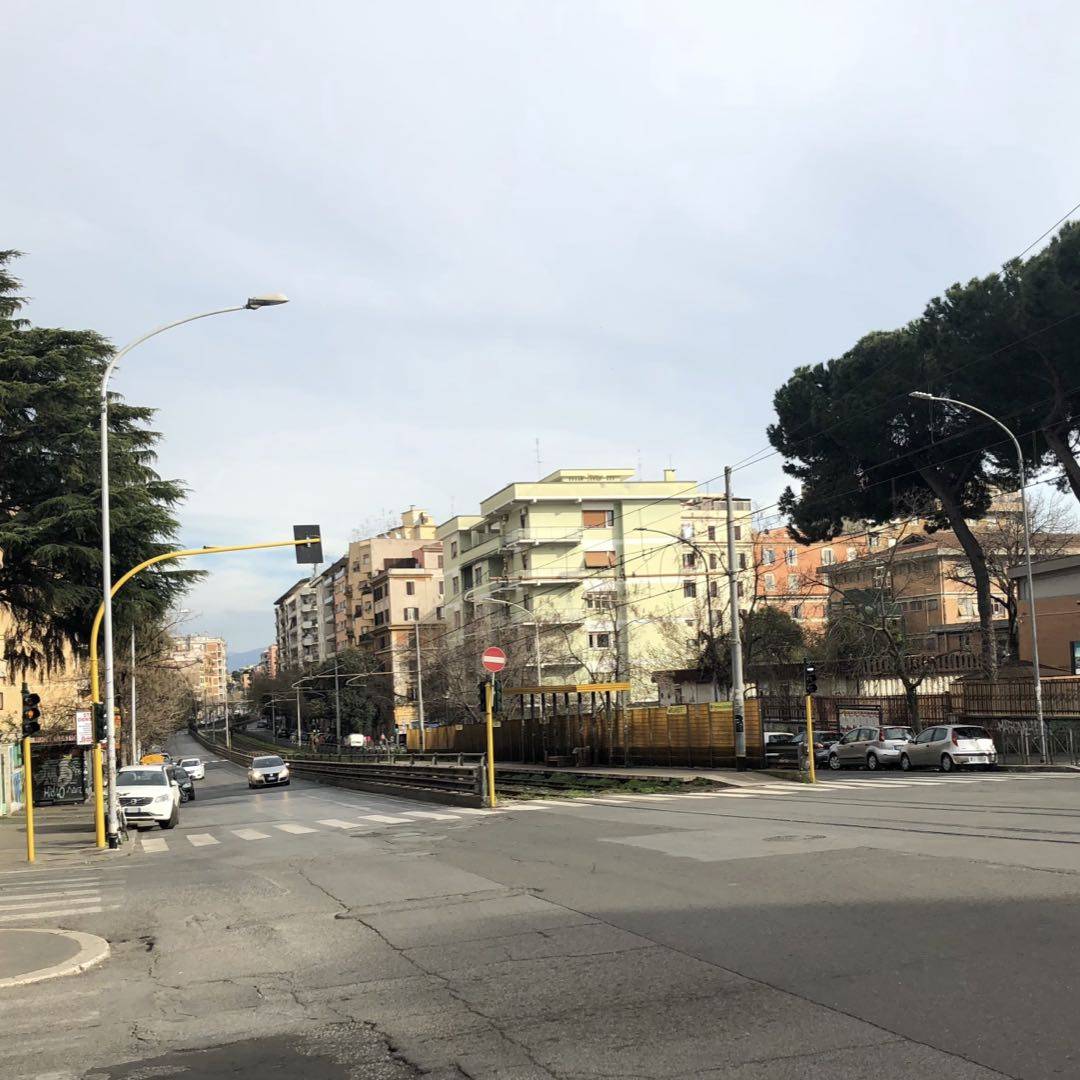
Author Giulia Blasi has been posting on Medium, reporting on what it‘s like to be locked down in Rome. The first of (so far) three posts https://medium.com/p/a253a0ef179b


Author Giulia Blasi has been posting on Medium, reporting on what it‘s like to be locked down in Rome. The first of (so far) three posts https://medium.com/p/a253a0ef179b
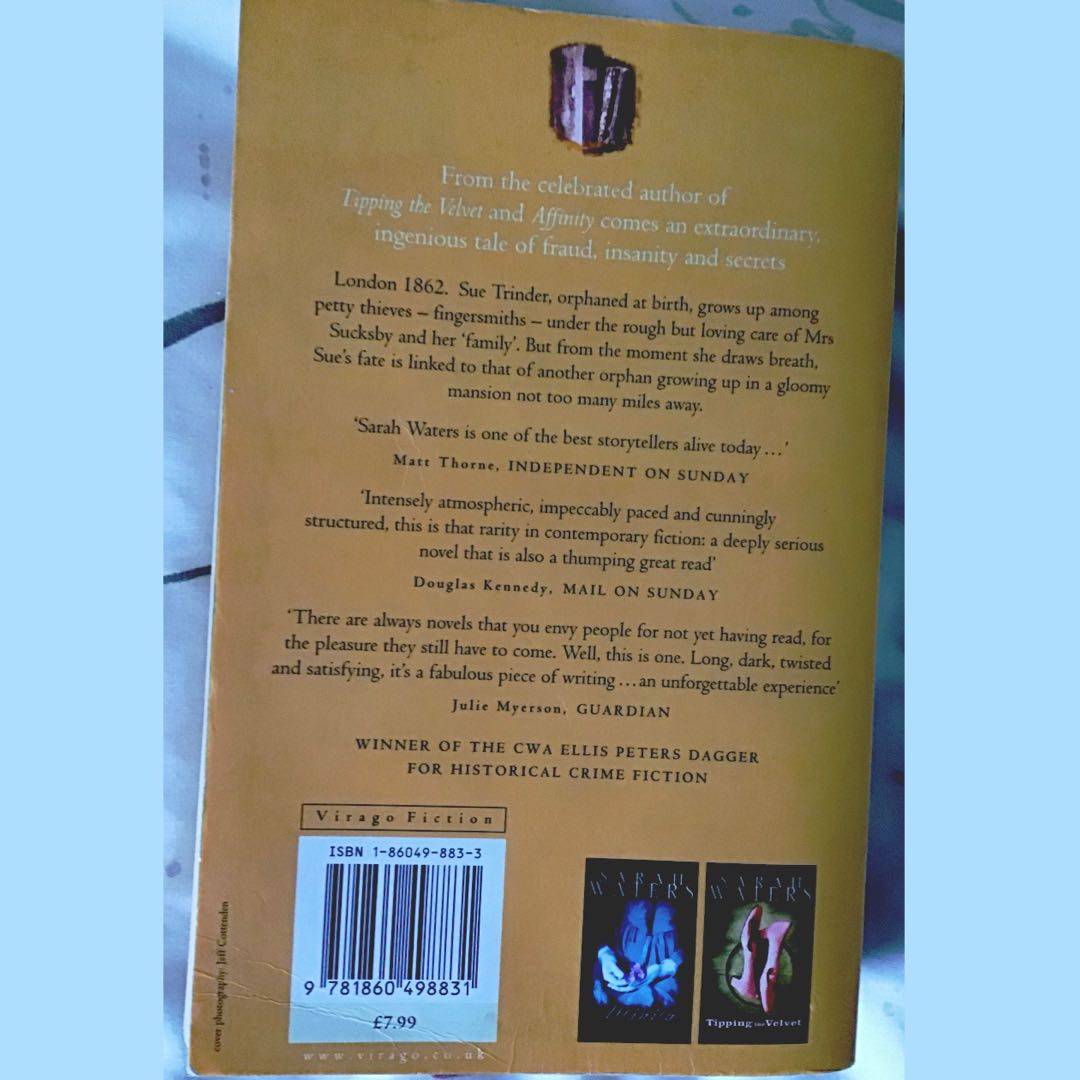
I have to reread this book, to see if the plot hatched by the conspirators really needs to be so elaborate. The book it actually makes me want to reread, though, is Wilkie Collins‘s #Armadale. Fingersmith‘s Gentleman strikes me as the approximate male equivalent of Lydia Gwilt.

I‘ve never read this book in spite of friends‘ recommendations but Emily Temple‘s close reading of the prologue on LitHub might be just the thing to persuade me to do it at last https://lithub.com/a-close-reading-of-the-chilling-prologue-of-donna-tartts-the-...
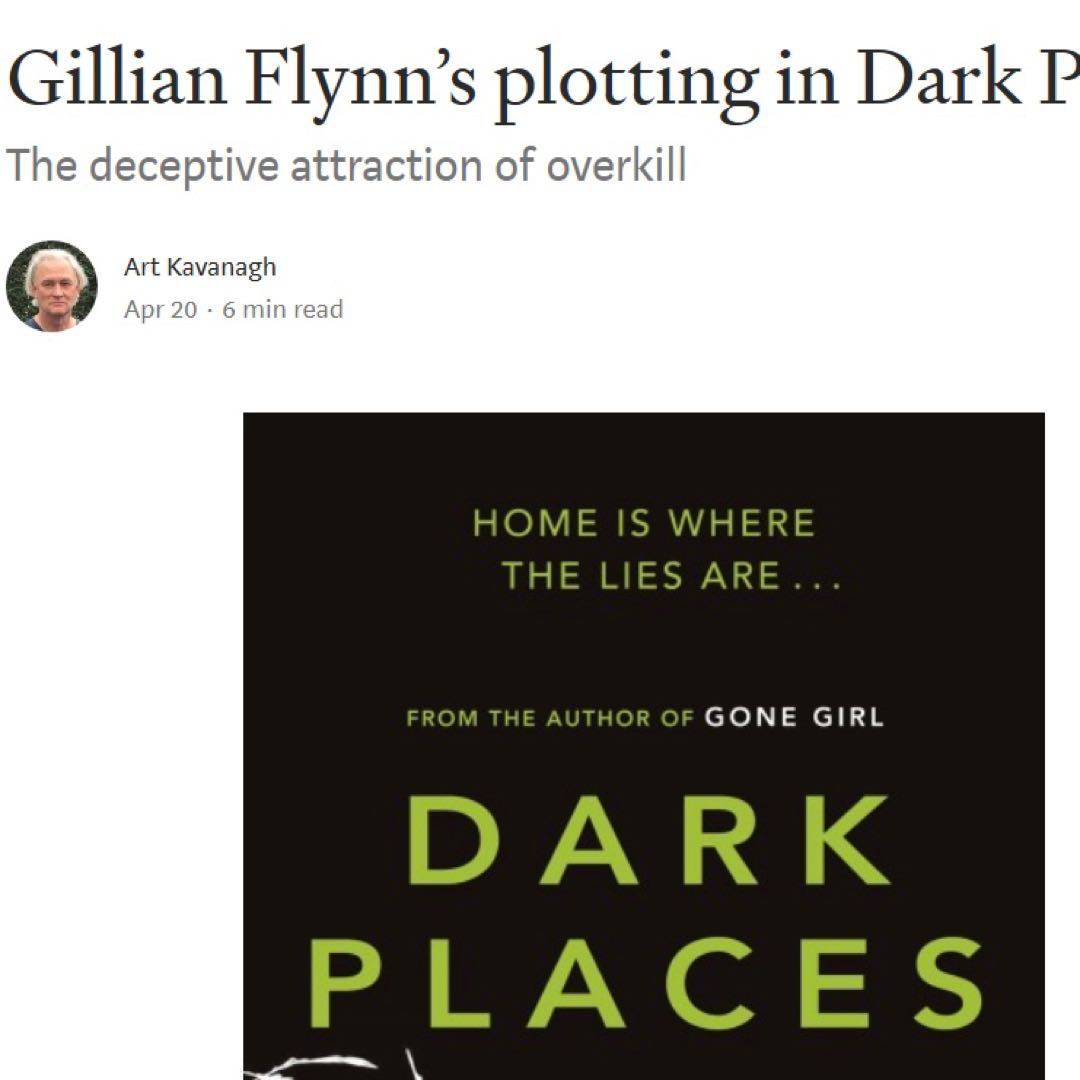
Here‘s my spoiler-filled discussion of Gillian Flynn‘s plotting (and her use of overkill) in her middle novel https://medium.com/p/852b5b04843f
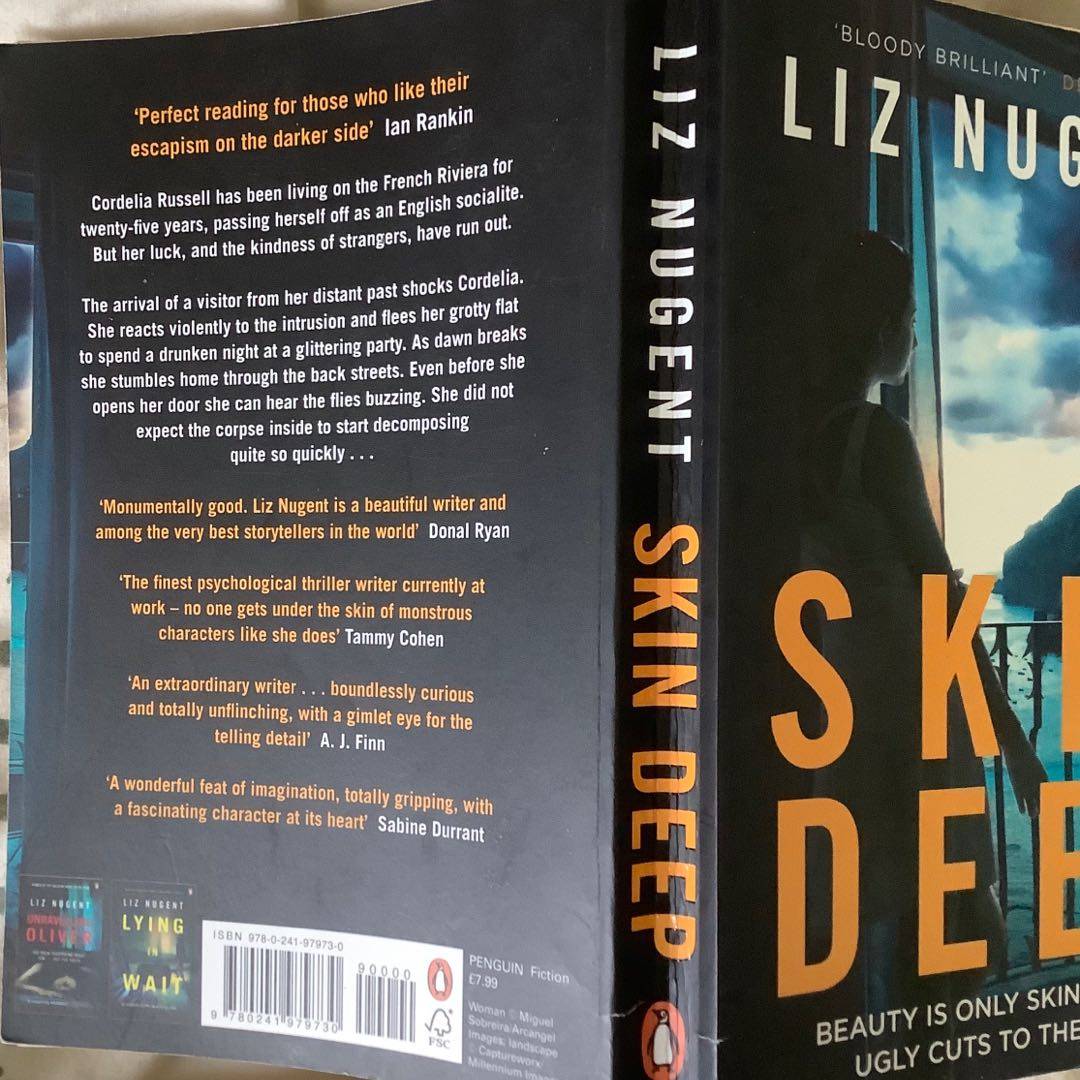
I thoroughly enjoyed this book and wrote about it on my website under the title “A woman to blame”: https://www.artkavanagh.ie/skin-deep.html Yet, I was surprised to discover, while getting books ready to go to the charity shop, that I never expect to read it again. The same is not true of Nugent‘s previous two books, both of which I‘ll reread at some point.
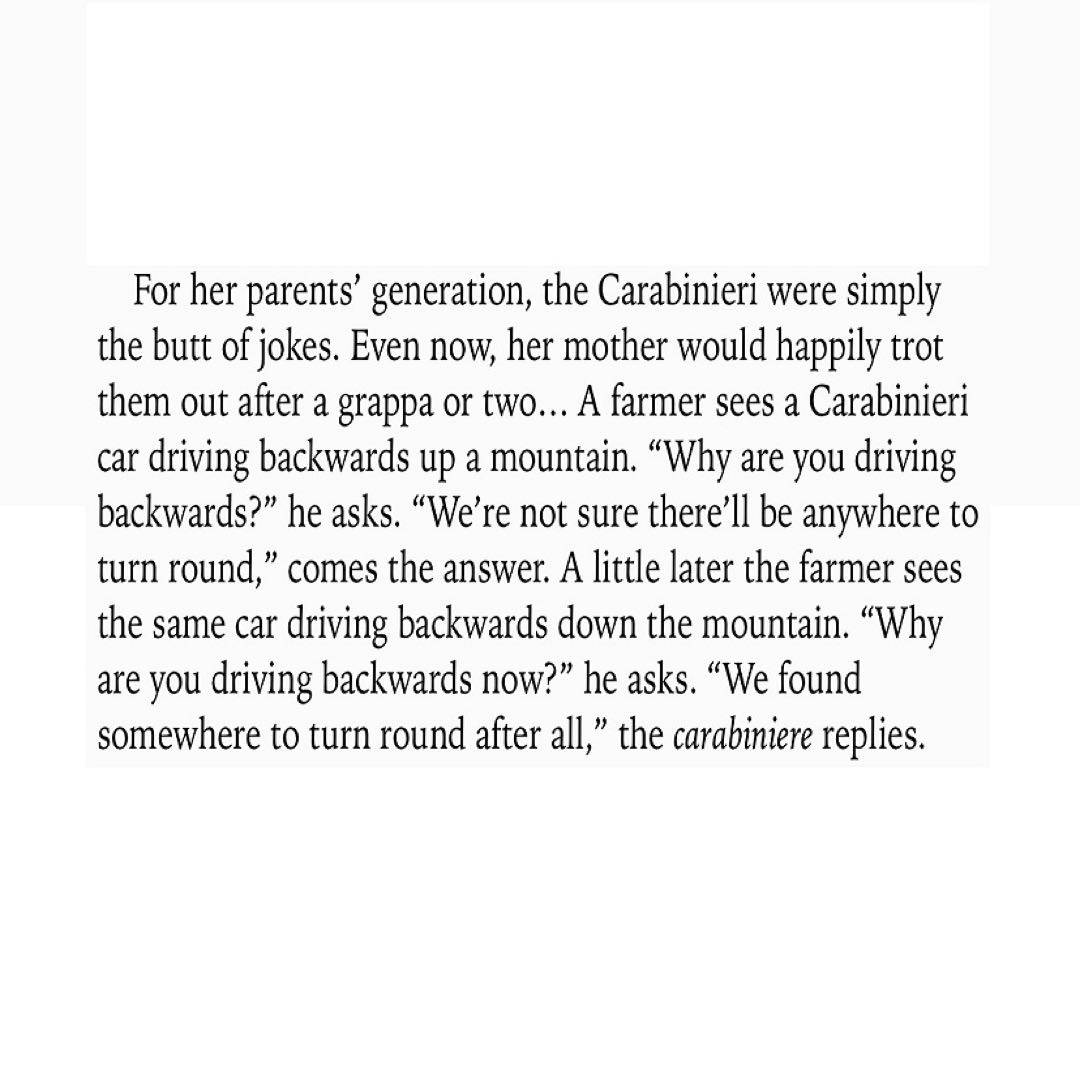
This, also known as The Boatman in a different edition, is the first book in a trilogy by the author who would later publish The Girl Before and Believe Me as JP Delaney. One of the three central characters is a captain in the Carabinieri. It‘s her mother who tells the joke about the Carabinieri driving backwards up the mountain.
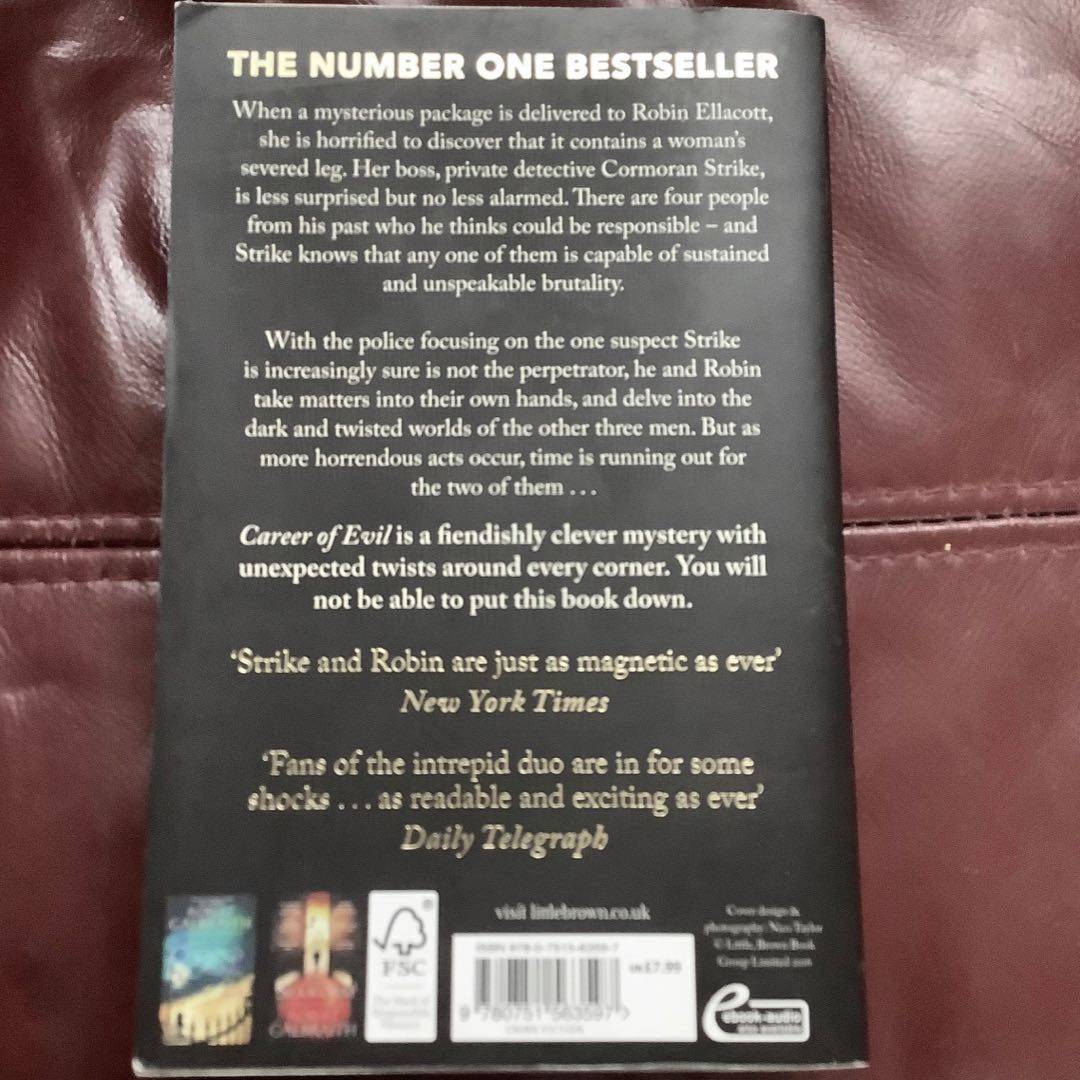
It‘s just struck me that, having been pleasantly surprised by the first Cormoran Strike book, I‘ve found each of its successors increasingly disappointing. The tagged book features serial killers, a point in its disfavour for me. So, when the fifth book comes out, I may not update my discussion of tropes and subgenres in the first three (as I did for the fourth, which has some unsubtle political satire): https://medium.com/p/7bd41682fbdc
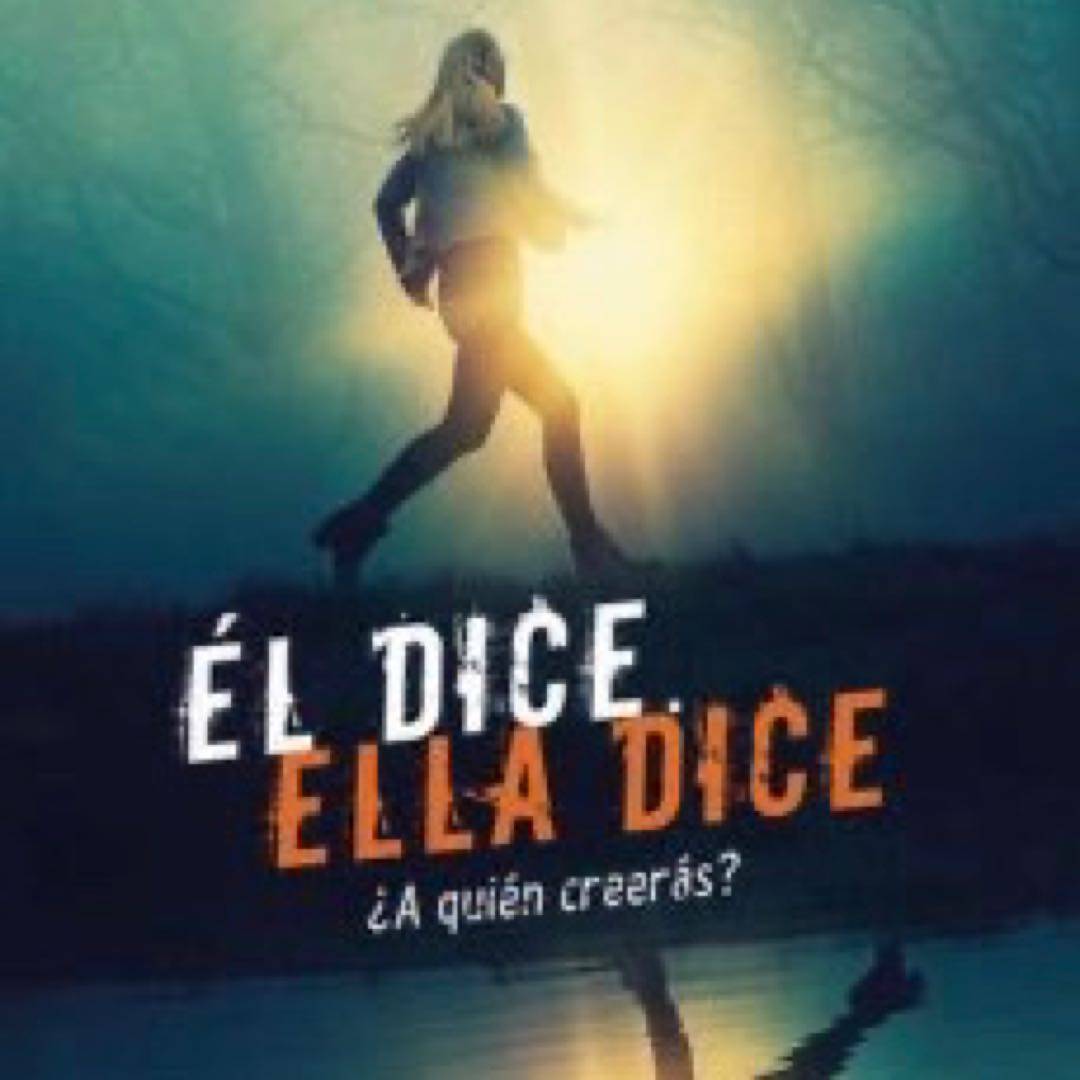
The plot is brilliantly worked out and fits together perfectly. But one character who has seemed — who actually is — sympathetic, is revealed to have behaved with appalling cruelty, and to have done so out of weakness (and a surprising failure of empathy) rather than malevolence. The unravelling of the plot is handled with great skill but is at the same time utterly dispiriting.
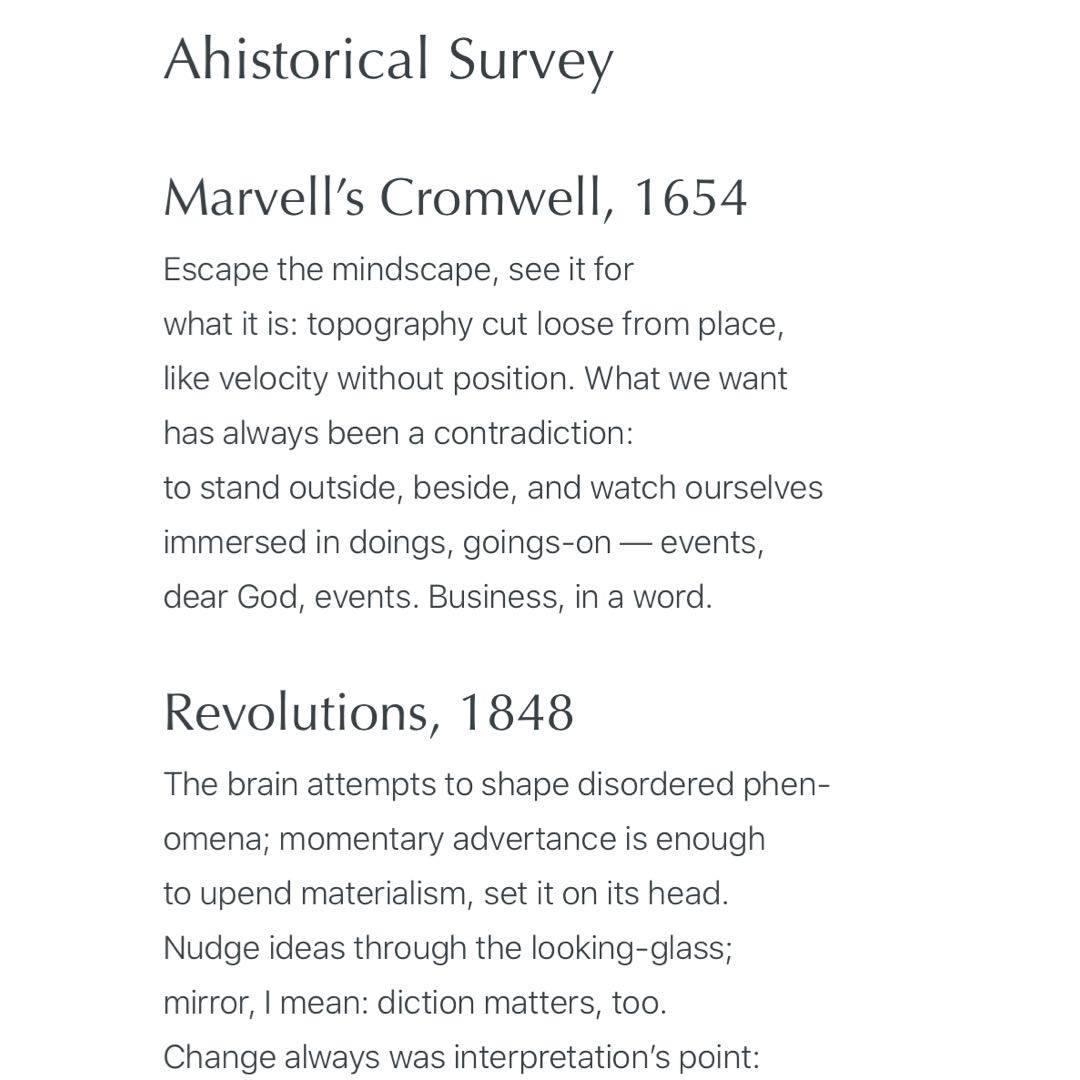
There are some essays in this handbook that I really want to study carefully but I‘m almost certainly not going to read the whole thing, and it‘s quite expensive, so I haven‘t bought it yet. The senior of the two editors was my thesis supervisor for most of my time as a postgraduate. The link is to 3 essays by me about Marvell https://medium.com/p/30b2093bc6c3
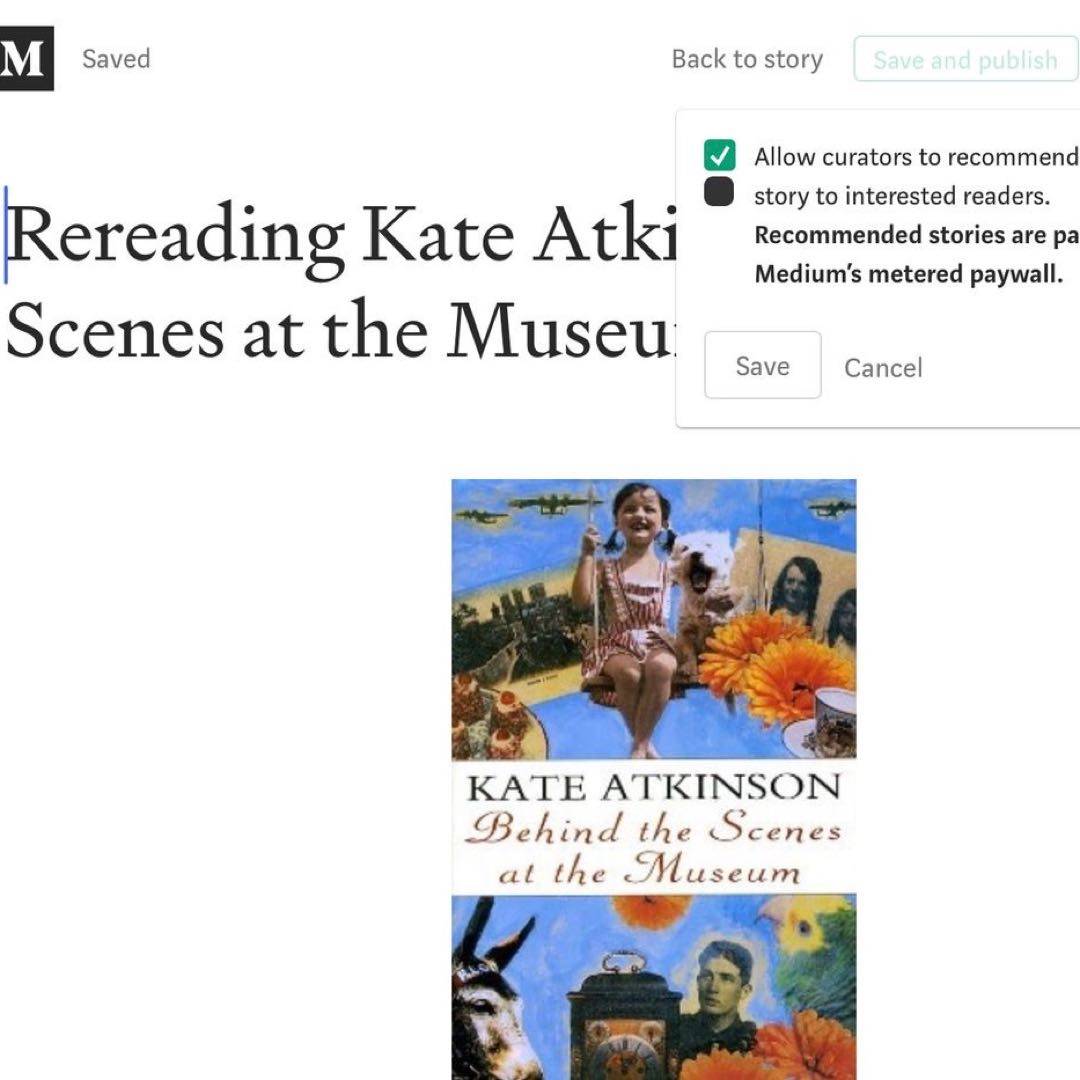
Kate Atkinson‘s first novel is one that requires to be reread, in part because it‘s stuffed with easily overlooked detail. Ruby Lennox is three different kinds of story-teller all in one: a first-person narrator who appears also to be omniscient (where others are concerned) but with a huge gap in what she knows about herself. If following this link, beware spoilers: https://medium.com/p/7e4635c9cc30
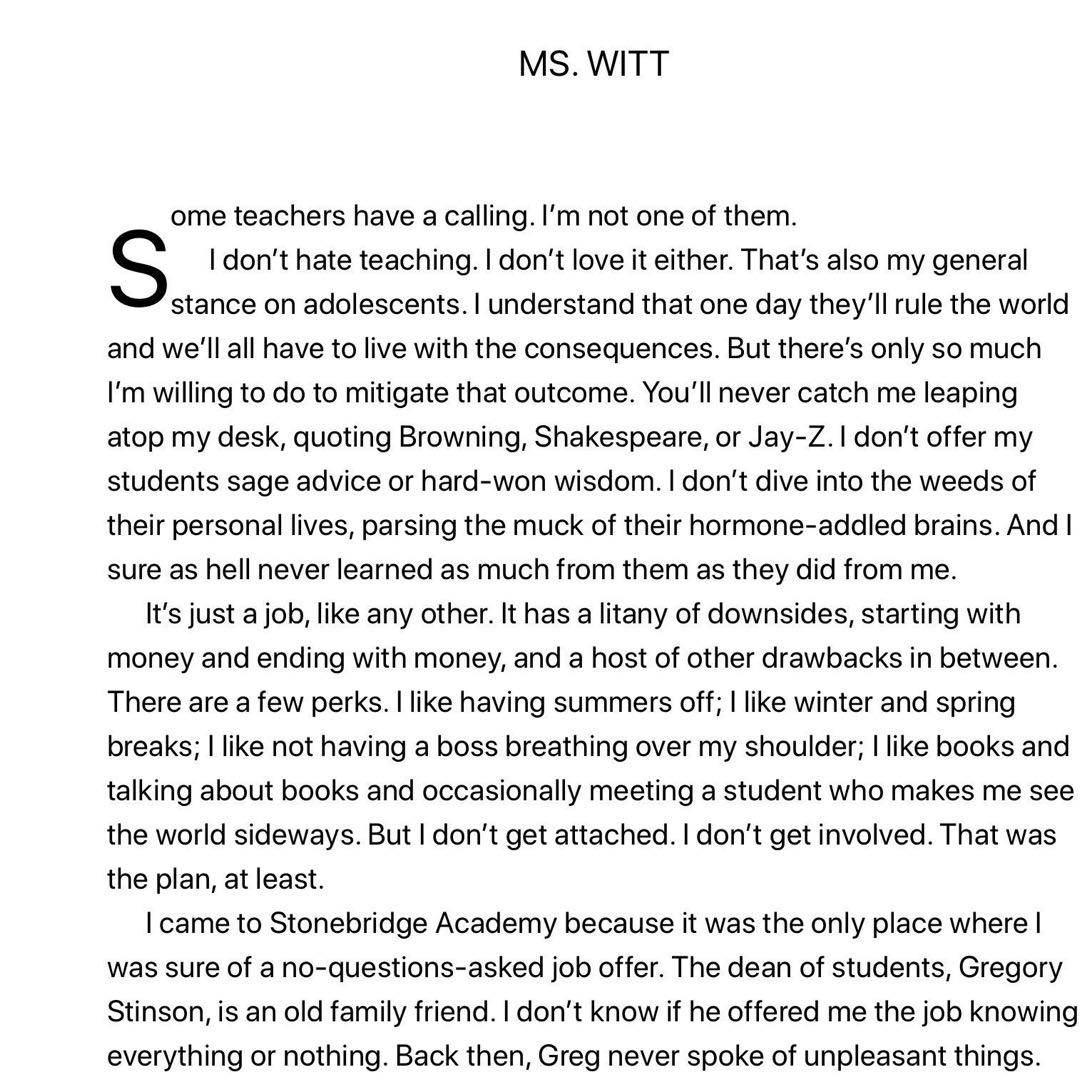
I downloaded the sample (first) chapter from Apple Books but I want to get a print copy to read. Here‘s the opening, which persuaded me that, yes, I do want to read this.

I read this in August 2019 and was bowled over by it. It starts like the narrative of a homicidal femme fatale but turns out to be surprisingly not what it seems. It slows down a lot in the middle but that fits the theme, which is partly about the tedium of being on the run. My attention was caught by a review of The Swallows, but The Passenger was cheaper
Photo by Morgan Dox; http://lisalutz.com/about/
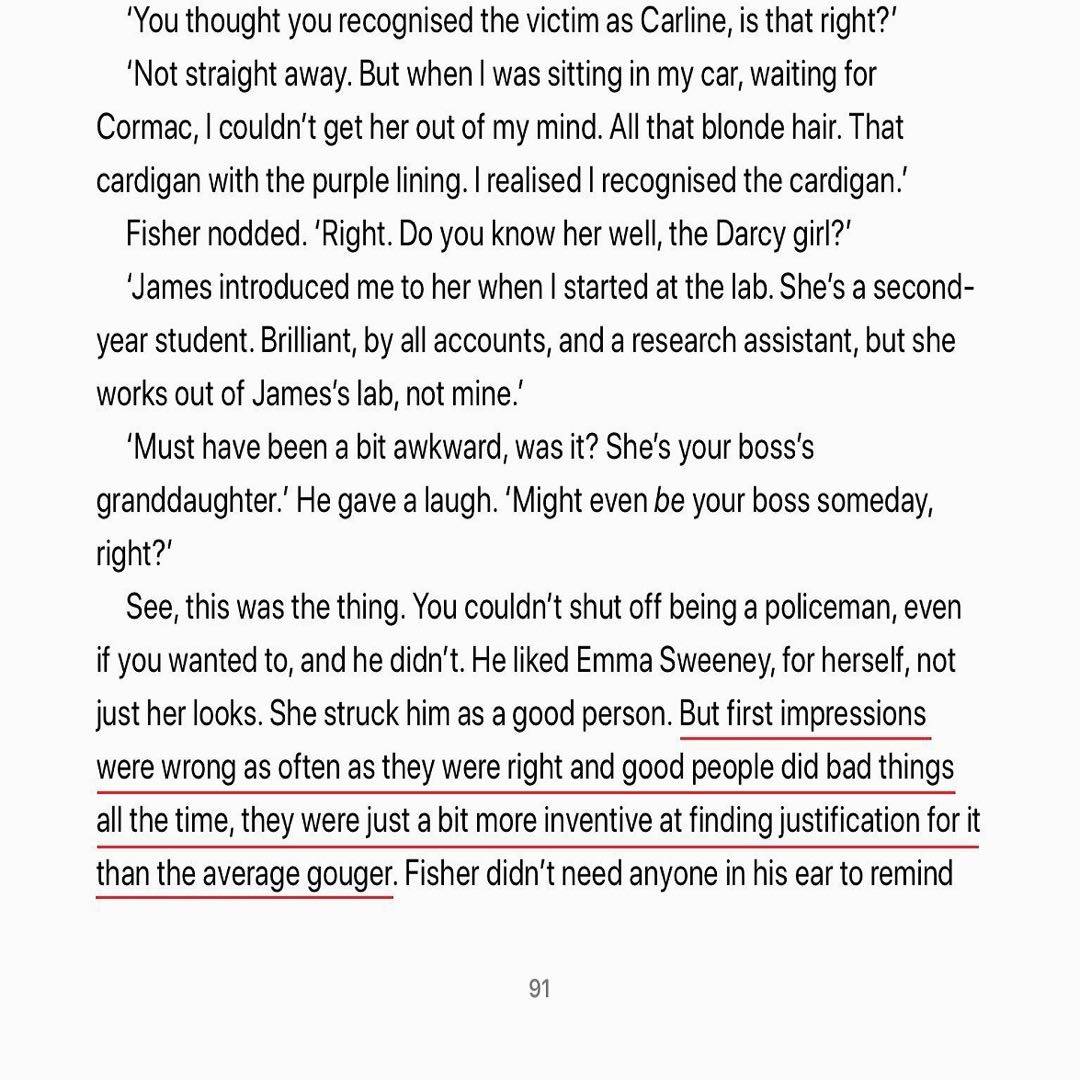
… good people did bad things all the time, they were just a bit more inventive at finding justification for it …
I read the first two books in this series at record speed. One day I hope to have the patience to go back and reread them at the pace they deserve.
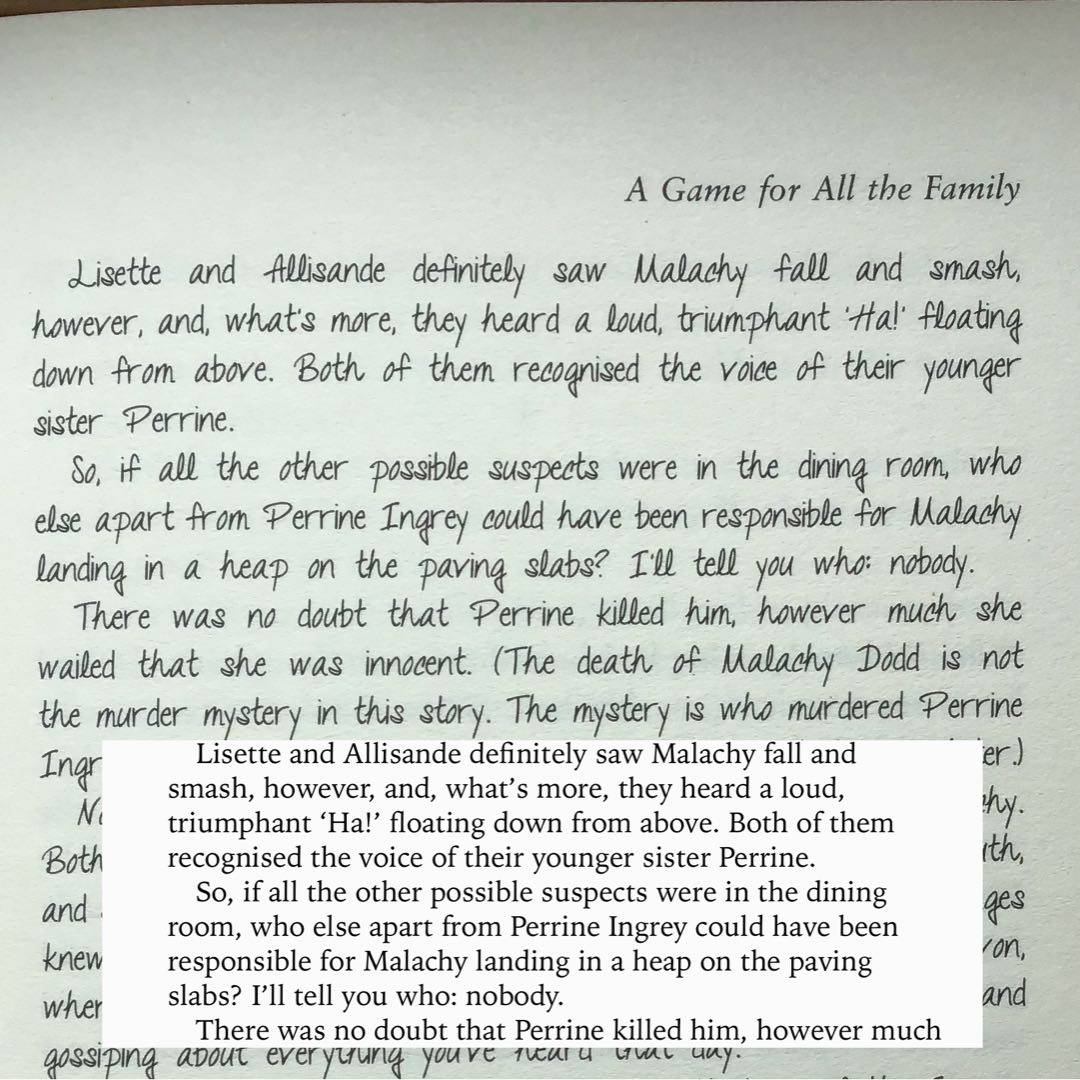
The lack of “typographic” flexibility in ebooks, including this one, is one of the reasons I don't consider them to be ebooks. The quoted passage is meant to be from a story handwritten by the central character‘s daughter. https://medium.com/p/9d3fac7aae42
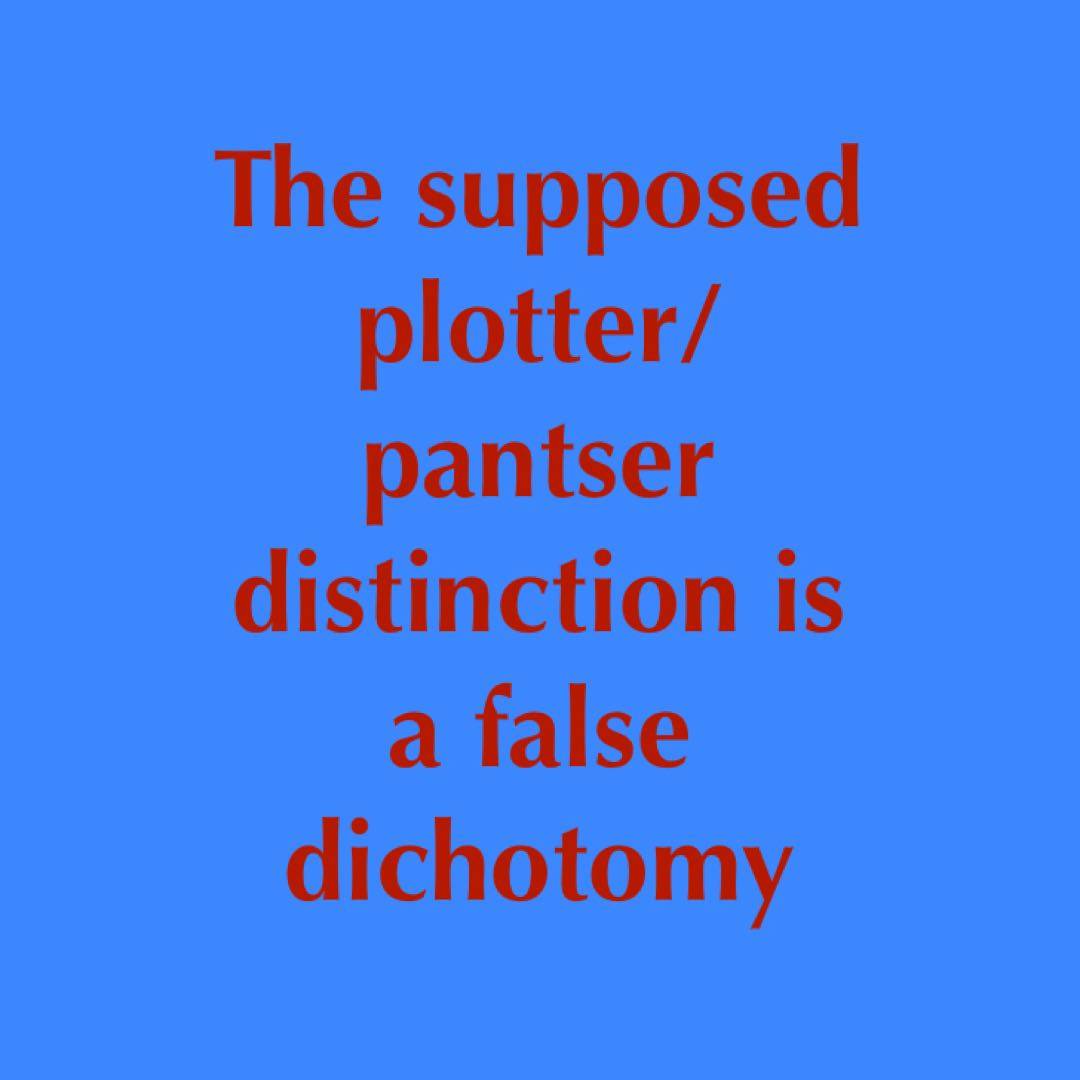
“Sophie Hannah plans her novels before she starts to write” https://medium.com/p/a3fc88dedde1

I found this image on Pinterest; originally posted on Tumblr, I think.
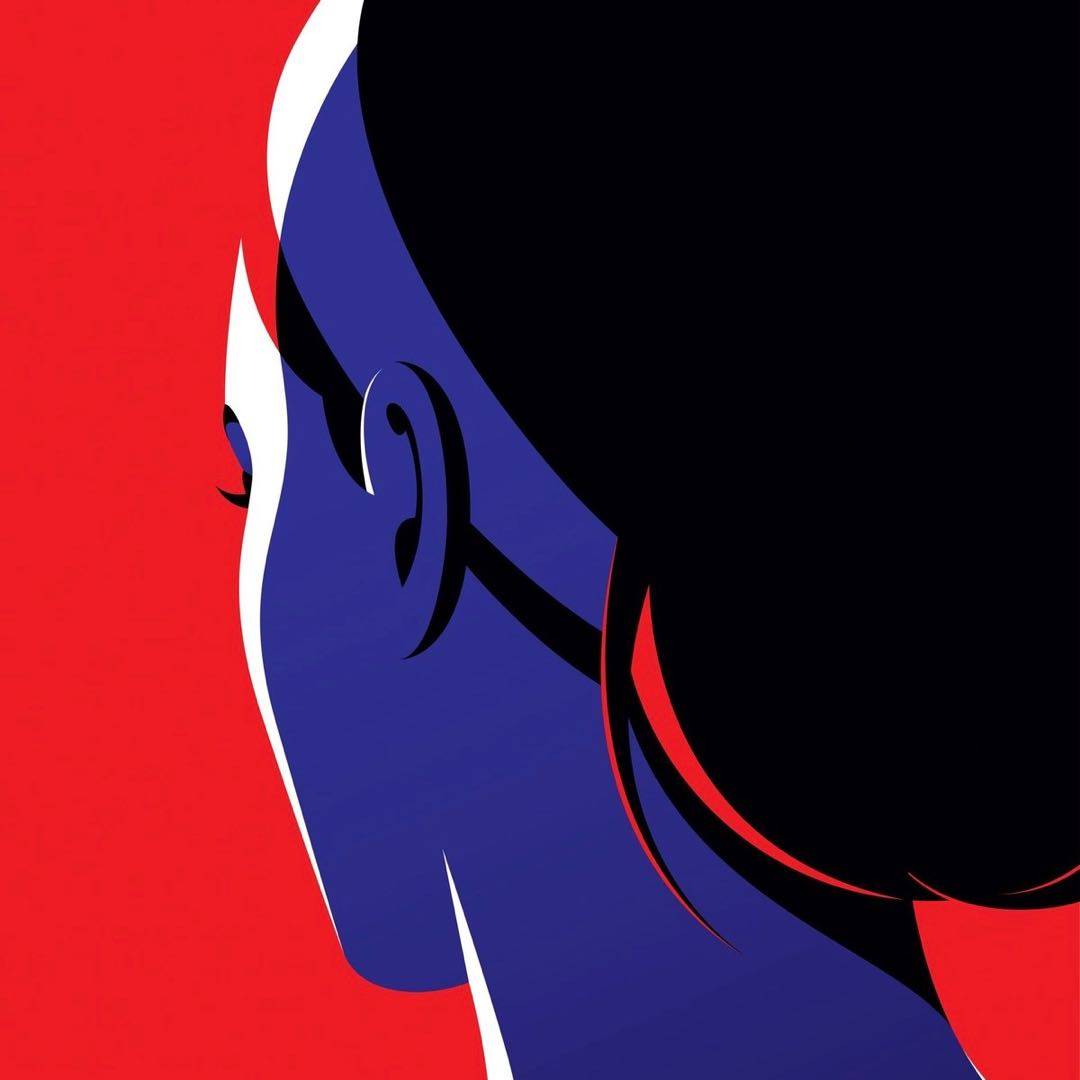
I enjoyed both of Sally Rooney‘s novels and intend to read them again. In the meantime, I‘ve been reading some of her short stories: https://www.artkavanagh.ie/Sally-Rooney-short-stories.html
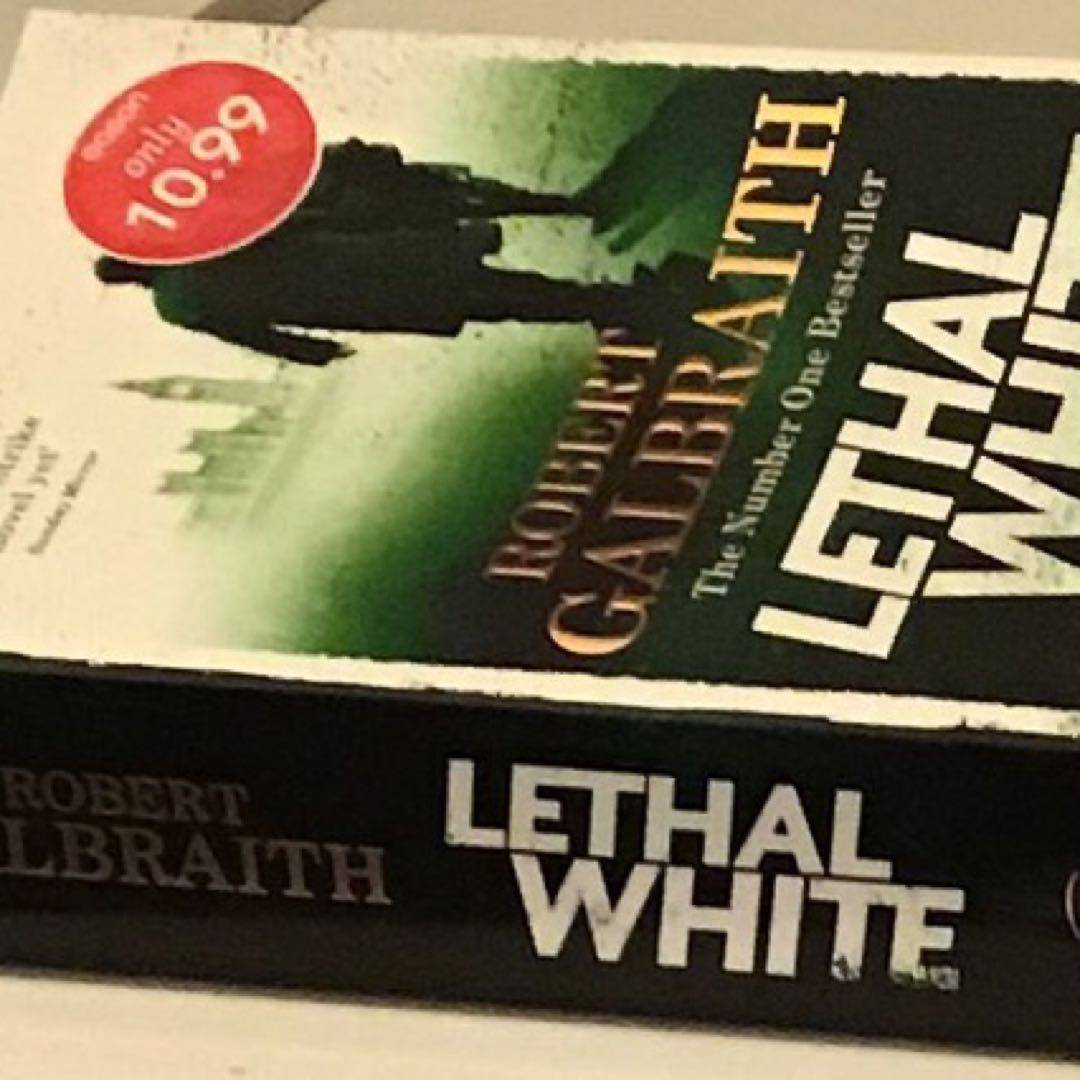
Not so much a review as a spoiler-laden discussion for people who‘ve already read the book, this is meant to complement my earlier post on the first three #CormoranStrike novels: https://www.artkavanagh.ie/Robert-Galbraith-Lethal-White.html
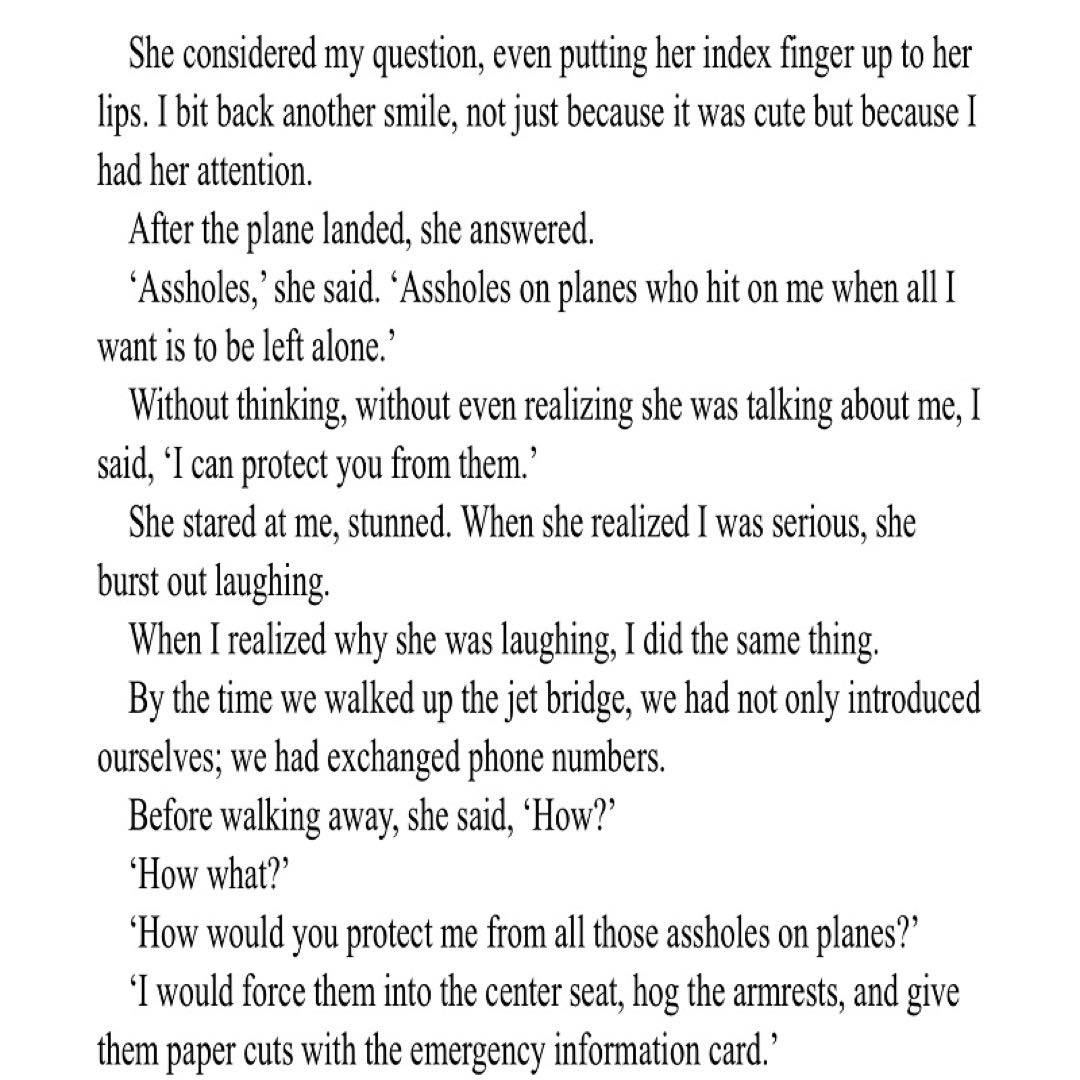
This is about a couple of serial killers (husband and wife) whose victims are all young women and are tortured (for a year in one case) before being killed. I don‘t usually like serial killer stories, including this one, even though it was written by a woman from a feminist(ish) angle. The storytelling is very effective and the twists are satisfying but overall I was disappointed.
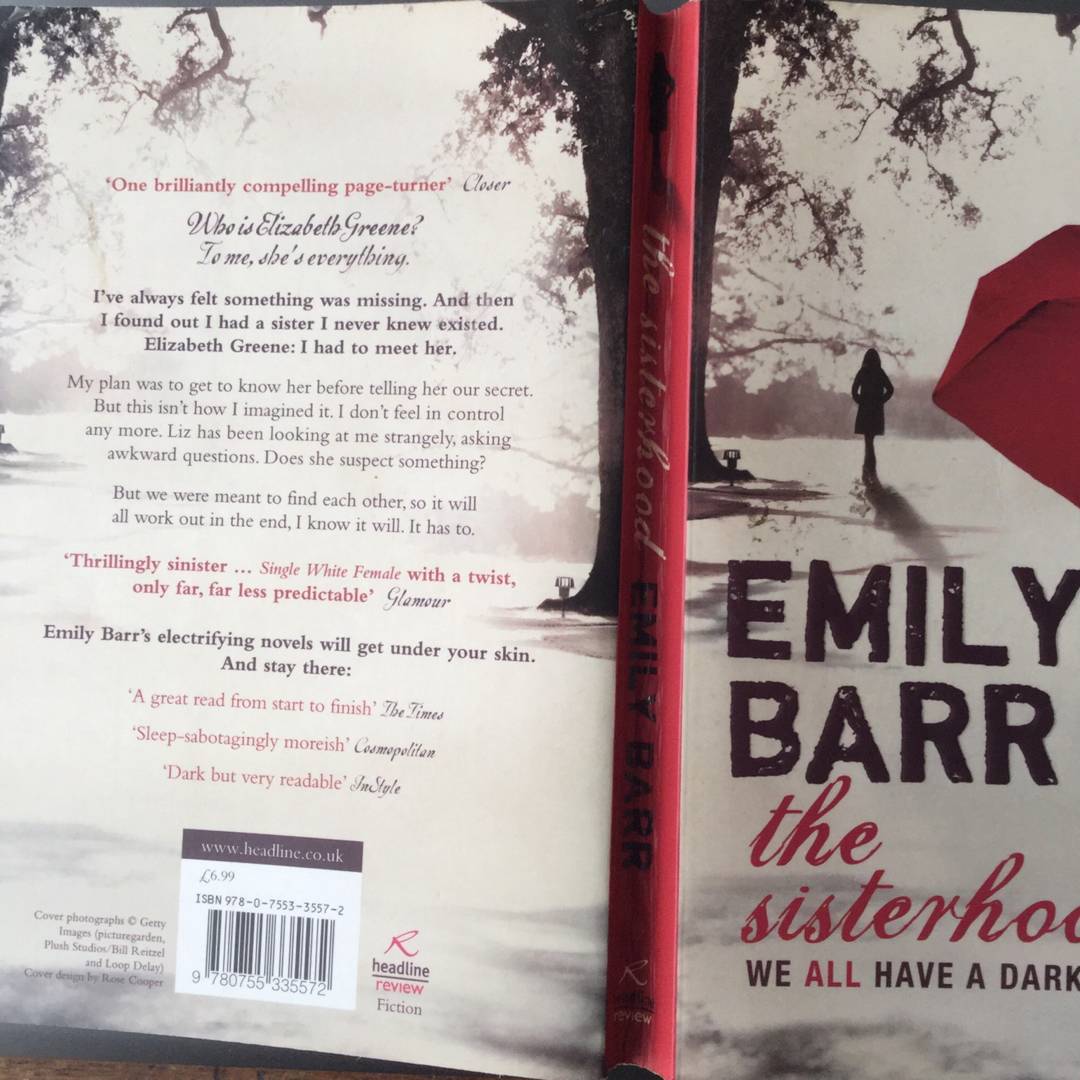
Some of the reviews on Goodreads suggest that the prologue gives too much away. I completely disagree. I could hardly bear to read the tense, climactic encounter between Liz and Mary — I was becalmed 50 pages from the end for three days. If I hadn‘t known what Helen didn‘t know, I‘d never have been able to finish. Also, I don‘t think I‘d have enjoyed the book as much without knowing what the prologue implies about Helen.
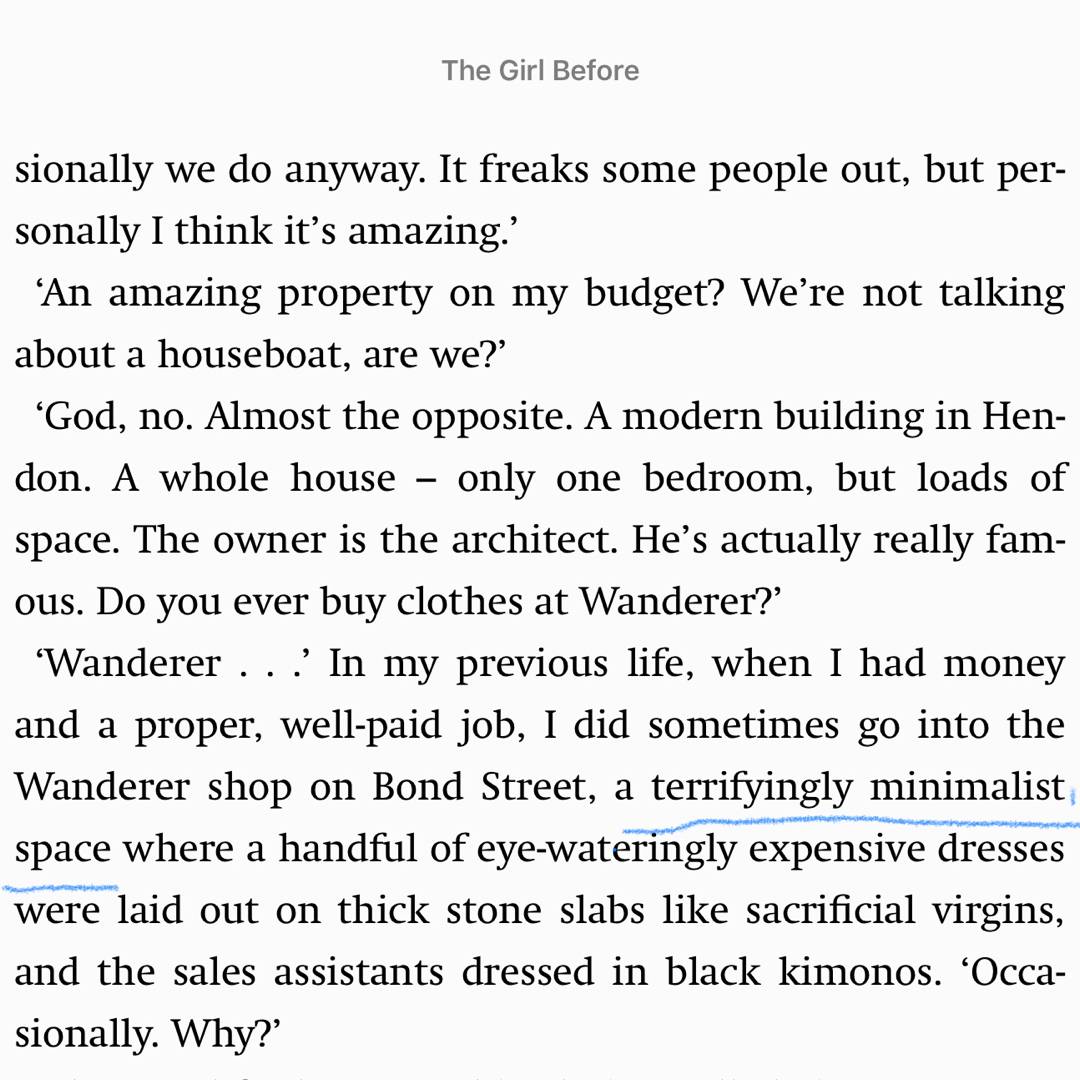
I read some unfavourable reviews of this, ones which made me think it was probably not my thing. But it‘s €0.99 on iBooks at the moment, so I downloaded the sample extract just to see … and I think I‘m hooked. (I like the idea of “a terrifyingly minimalist space”.)
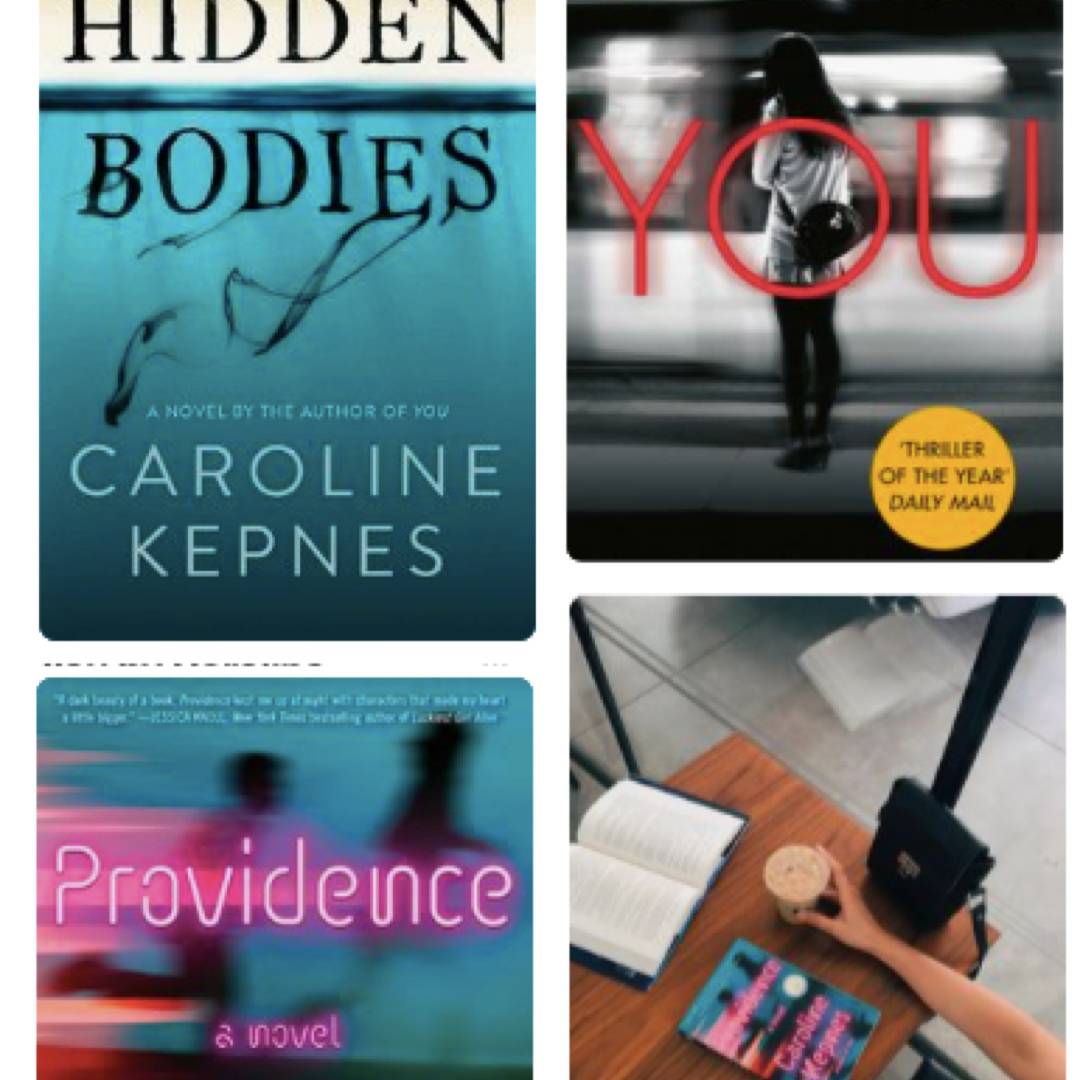
Just wanted to post a link to my GR review from two years ago, mainly as a reminder to myself that I still haven‘t read You and now there‘s a new book that will also need to be read. I‘m falling behind. https://www.goodreads.com/review/show/1734646302
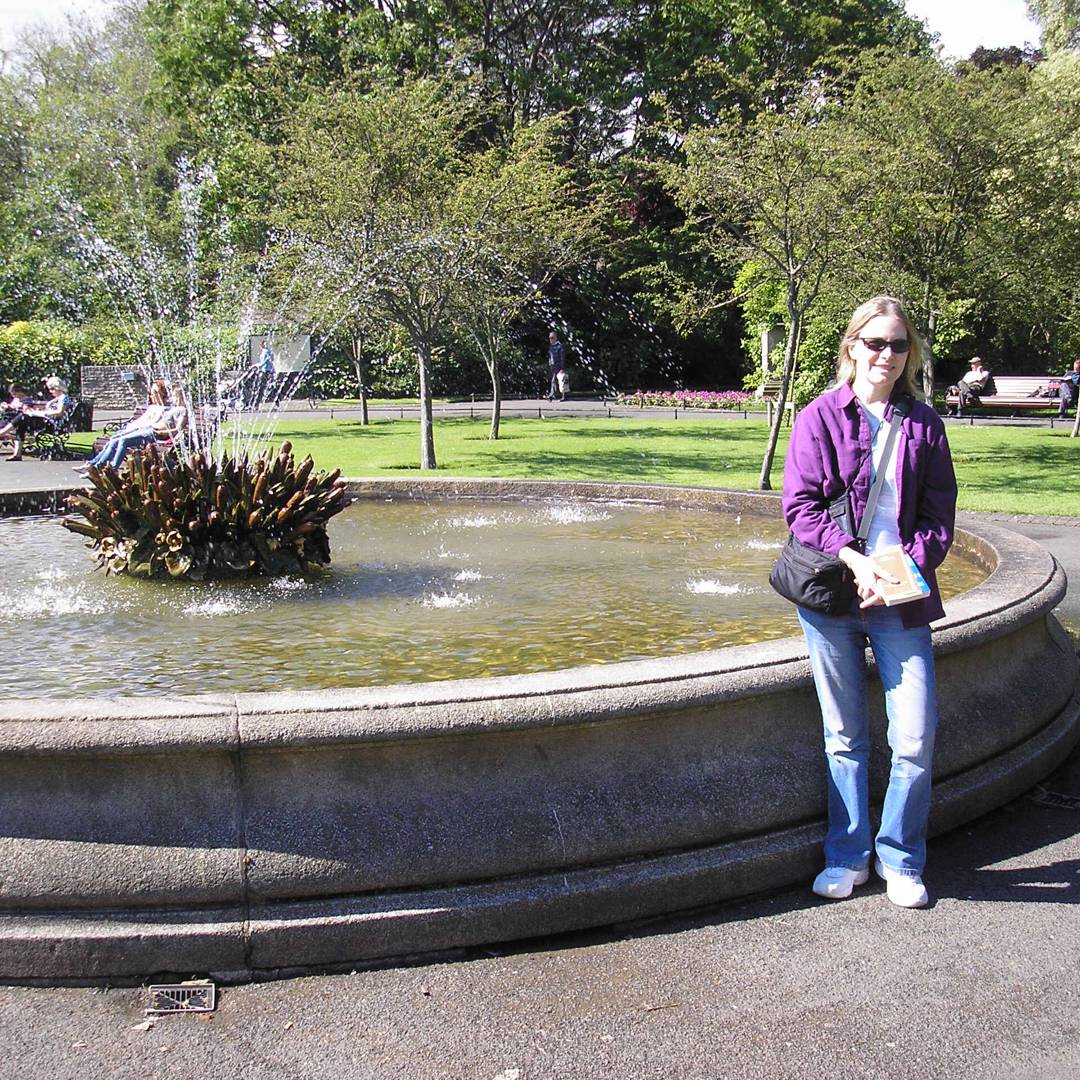
Given the title and the blurb, I was expecting something wilder and weirder, and some concepts that would challenge my idea of reality, but this turned out to be a disappointingly ordinary thriller. There‘s a rather neat novel-within-a-novel structure with events in the outer story seeming to echo those in the inner one.

Most of the reviews of Tara Isabella Burton‘s debut I‘ve seen have been enthusiastic so I was interested to find this dissenting voice in The Irish Times (URL in comment). I don‘t think it‘s putting me off; instead, it‘s making me curious as to who‘s right. It goes on the To Read stack, though it may be some considerable time before I get to it.
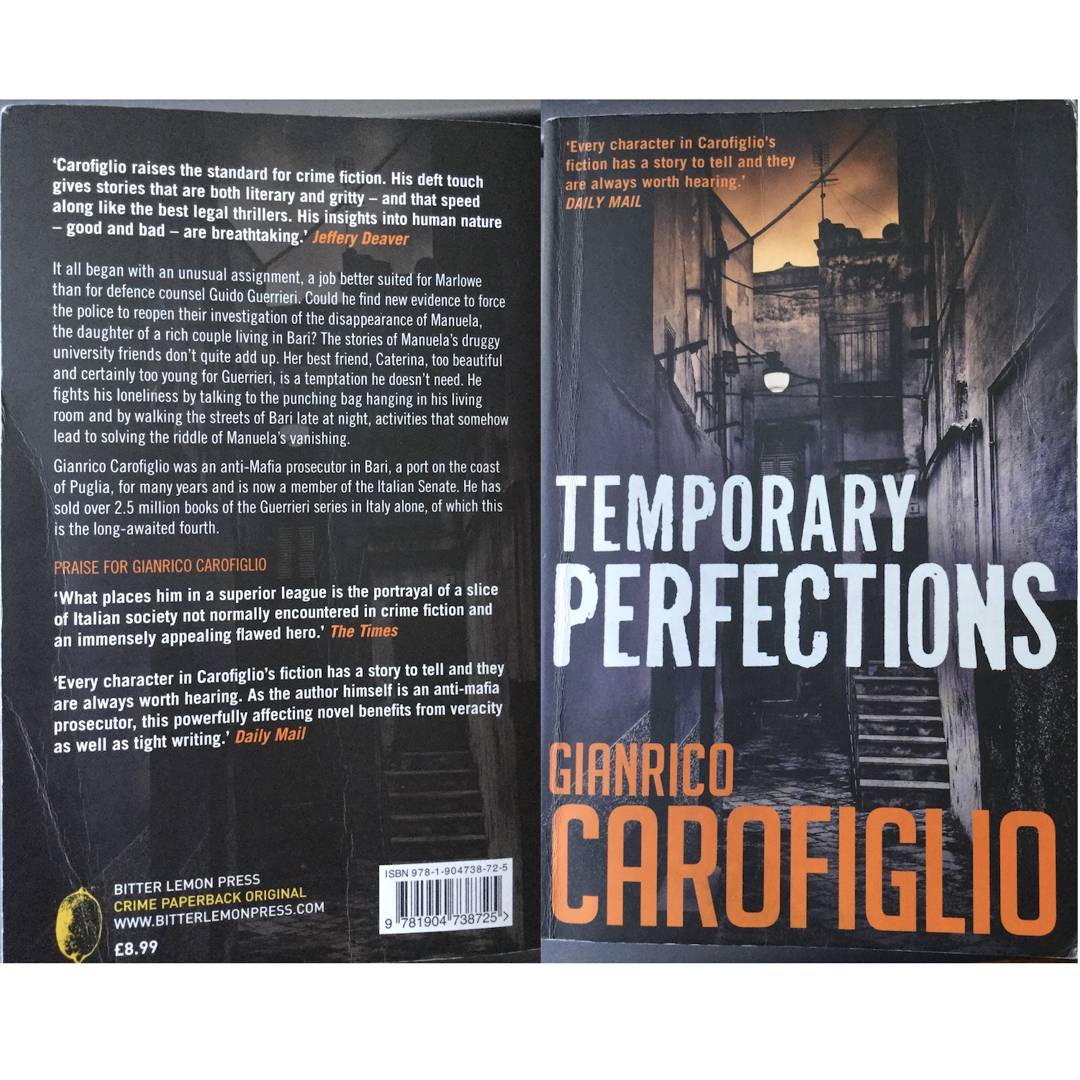
The second book I‘ve read from this series, which I seem to be navigating backwards, having started with the latest. I needed to adjust to the unspectacular quality of the plots: they aim not so much for surprise as at confirmating of your worst suspicions—and are not afraid of cliché. This one, in particular, reminded me of Simenon. The characters are fascinating, compelling and credibly flawed. They more than make up for the underpowered plot.
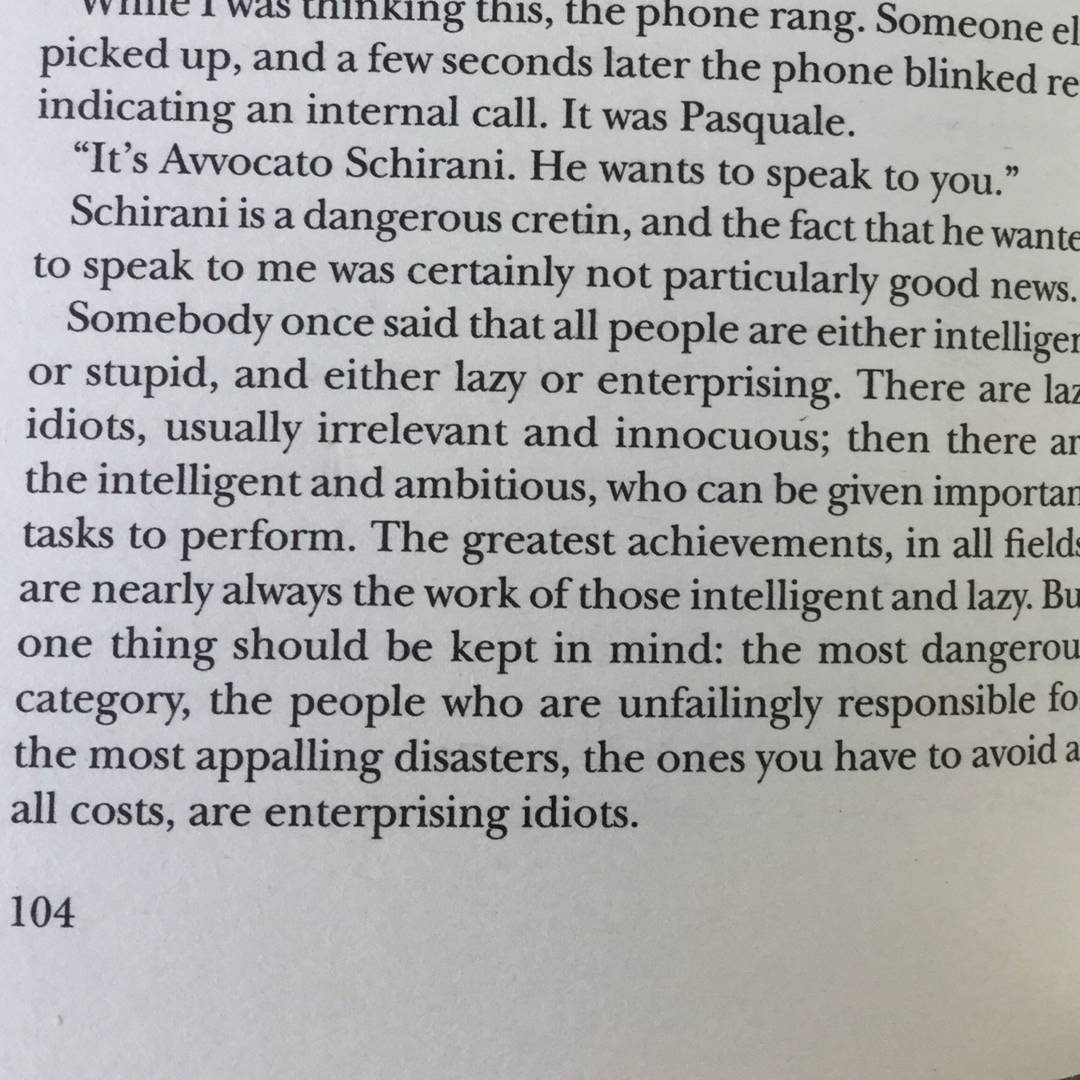
“… all people are either intelligent or stupid, and either lazy or enterprising. There are lazy idiots, usually irrelevant and innocuous; then there are the intelligent and ambitious, who can be given important tasks to perform. The greatest achievements, in all fields, are nearly always the work of those intelligent and lazy. But … the people who are unfailingly responsible for the most appalling disasters … are enterprising idiots.”
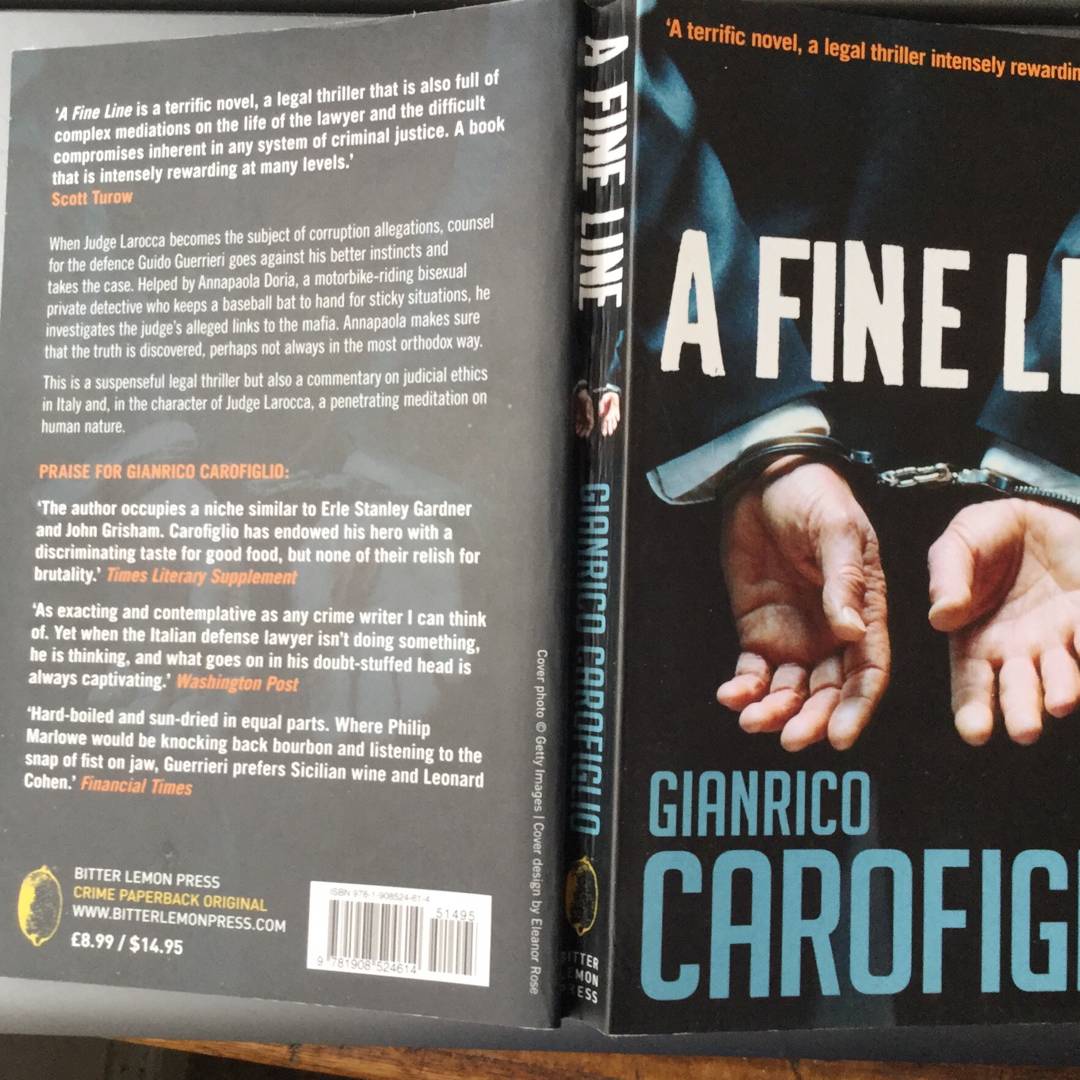
I found this a bit disappointing (particularly given #ScottTurow‘s blurb!) though the first-person narrator and several other characters are really quite appealing. Advocate Guerrieri has no difficulty representing guilty defendants: they‘re entitled to a lawyer, like anyone else. But do those rules apply when his client is corrupting the justice system from the core? I think maybe I should give this a second chance but I‘m not in any rush. ~Pick
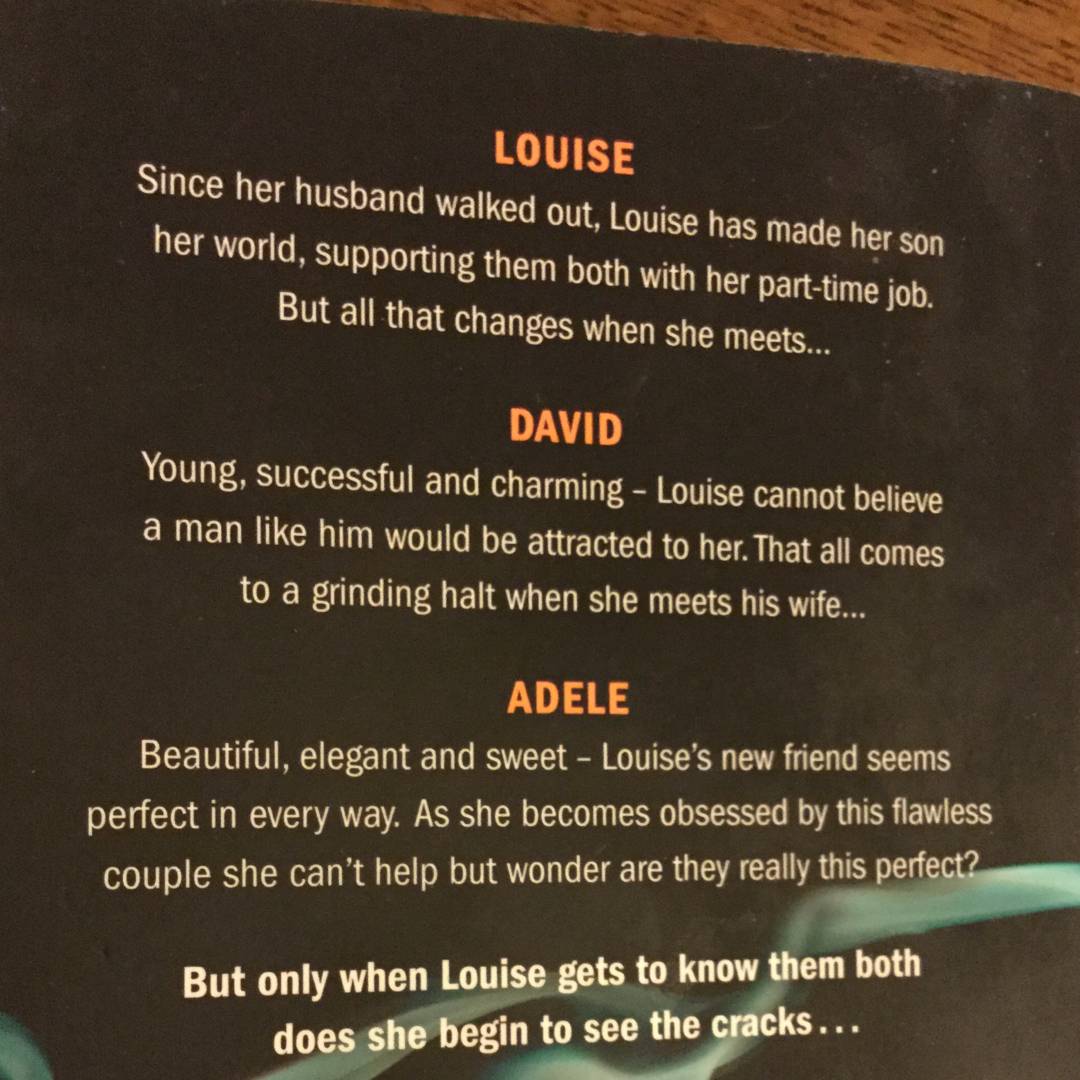
Even within 80 pages of the end, I was tempted to bail on this one. So glad I stayed with it. The ending is (among other things) grimly funny (kind of a satire on the fashion for extreme twists). Readers who like the kind of book this at first appears to be might not like the end much and vice versa. My view is that the ending made the first two-thirds worthwhile.
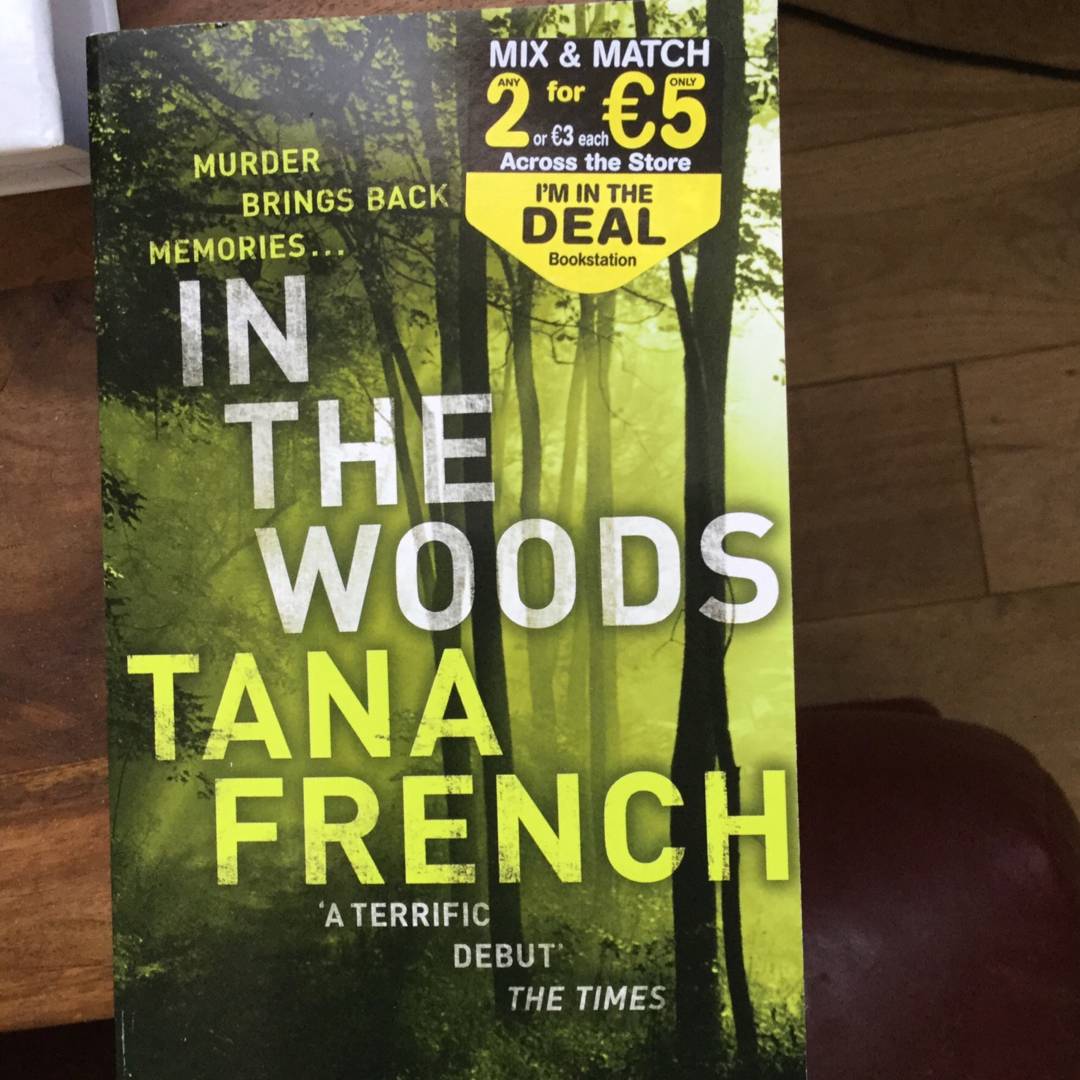
I saw the paperback going for €3 in a remainder/discount shop yesterday and couldn‘t resist buying it, though I have the iBooks edition on my iPad and already read it in that format. I want to reread it in order to write about it and I like the idea of being able to refer to authoritative printed page numbers.
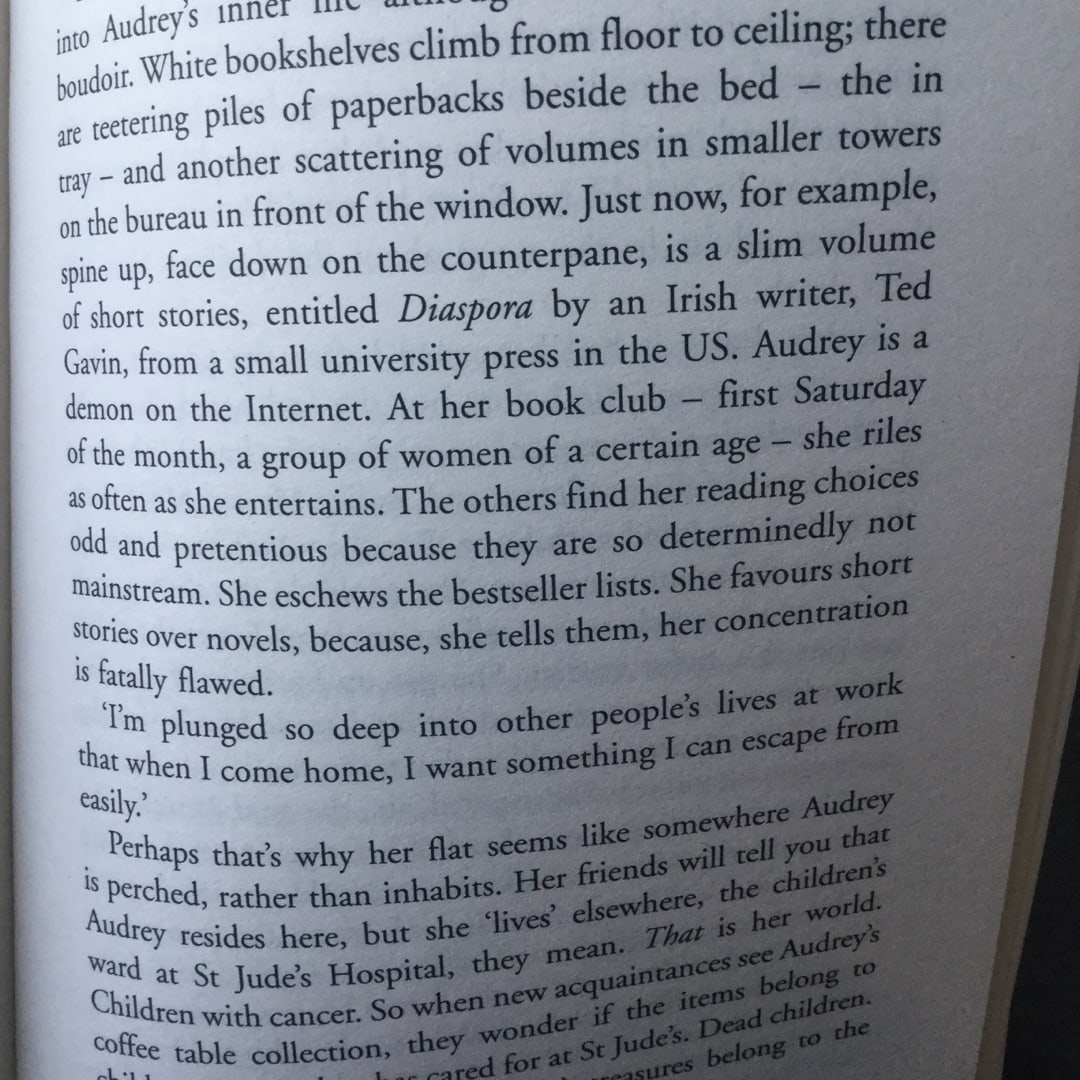
“The others find her reading choices odd and pretentious because they are so determinedly not mainstream. She eschews the bestseller lists. She favours short stories over novels, because, she tells them, her concentration is fatally flawed.”
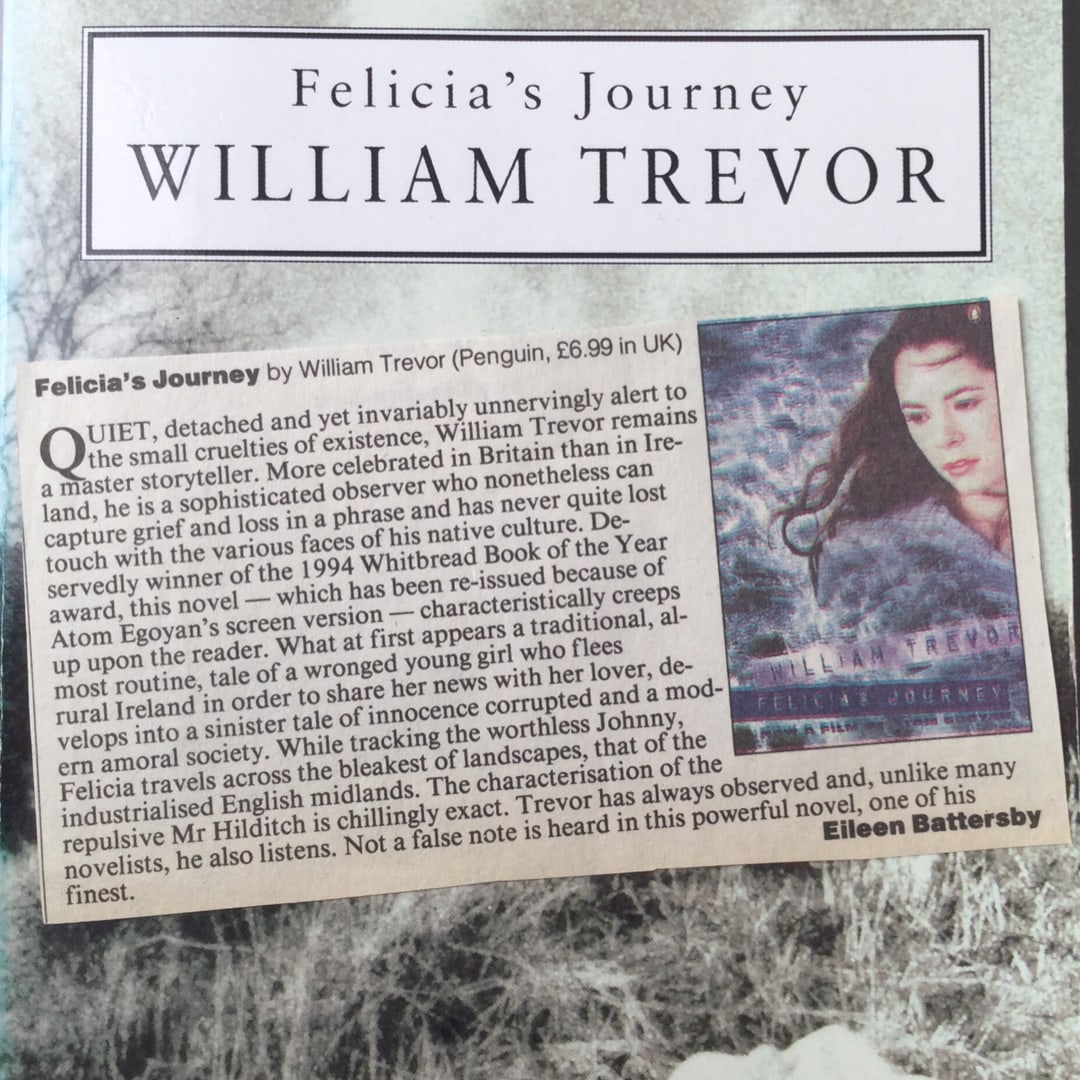
This short novel (213 pages) is 24 years old but I‘ve only just read it. William Trevor writes about casual cruelty and violence in a calm, understated, rueful style. I felt sympathy for the dull misery of Felicia‘s marginalized life before, during and at the end of her journey yet somehow detached from it. (Yes, that‘s part of the point.) The ending is great but I‘m not quite persuaded it was worth the journey to get there. A tentative pick.
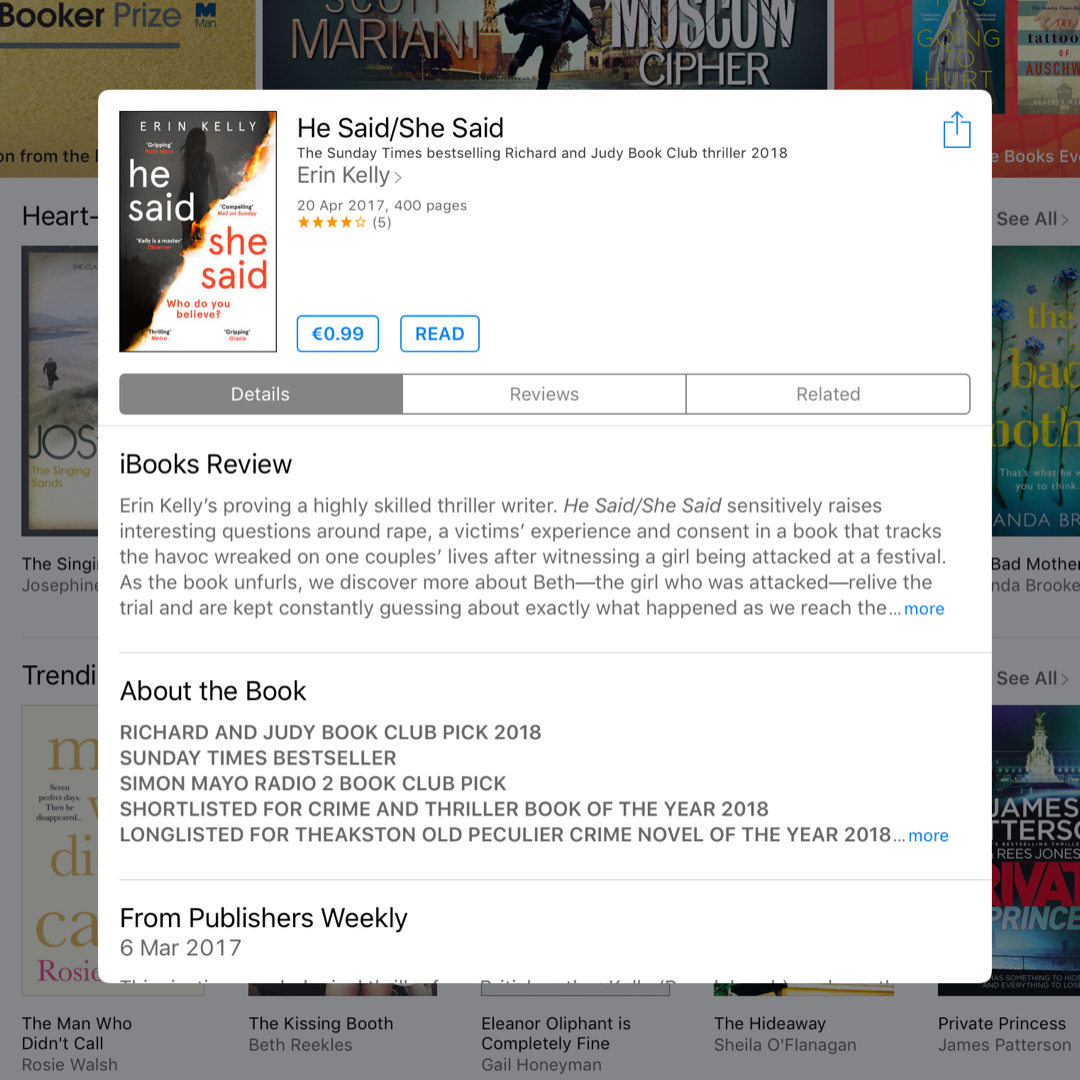
Just noticed that this is €0.99 in the iBooks store (at least the Irish branch) at the moment, so I‘ve downloaded the sample chapter and if that impresses me I‘ll buy it. I looked at the paperback in a bookshop the other day and I think it was at least €10, so that‘s quite a saving. I read a good review of it a few months ago.
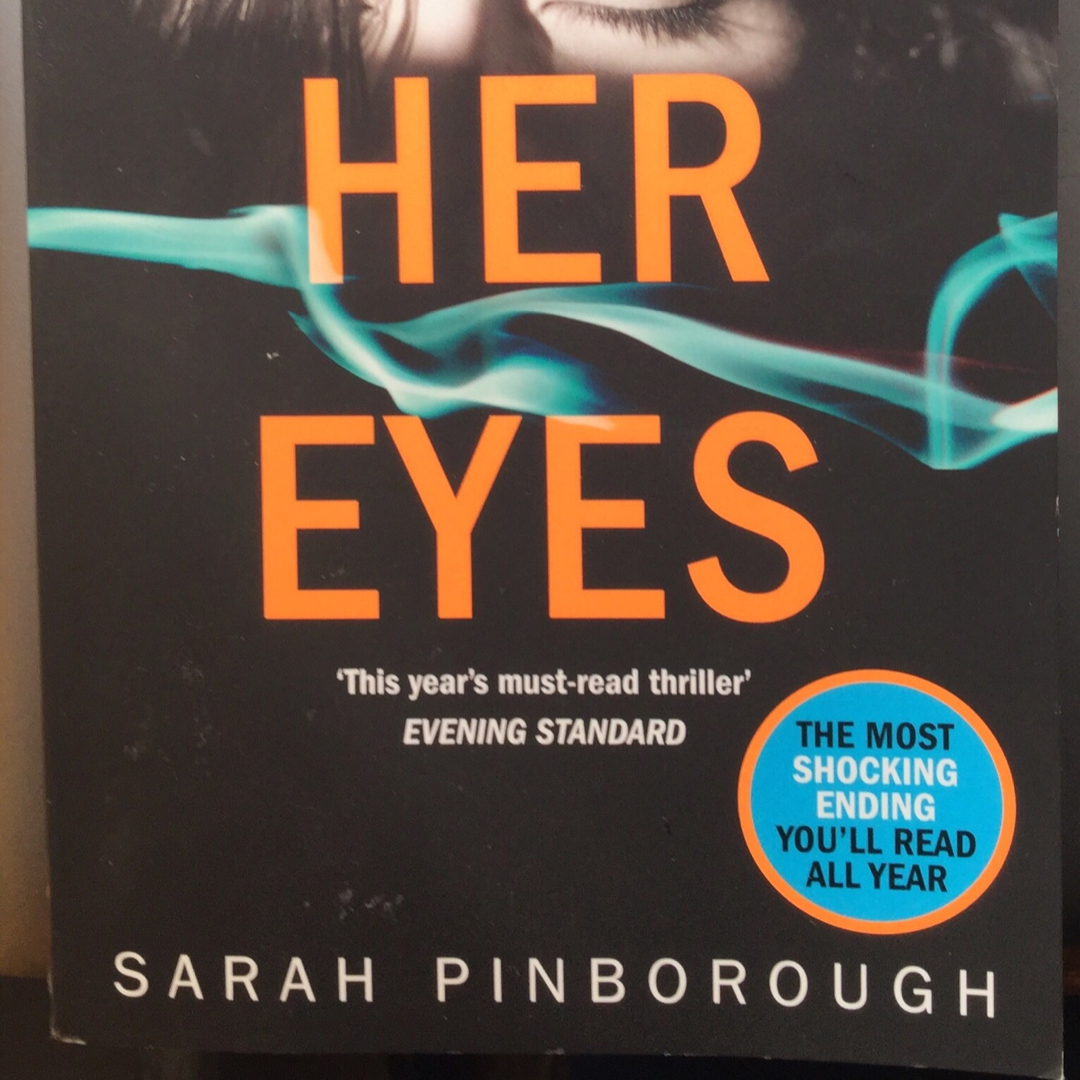
I really had no idea on the basis of Larry H‘s review (on Goodreads and his blog, URL in comment) whether this would be a book I‘d enjoy or not. A few days ago, I saw it in a charity shop for €2 and thought that at that price I really had no excuse not to find out for myself!
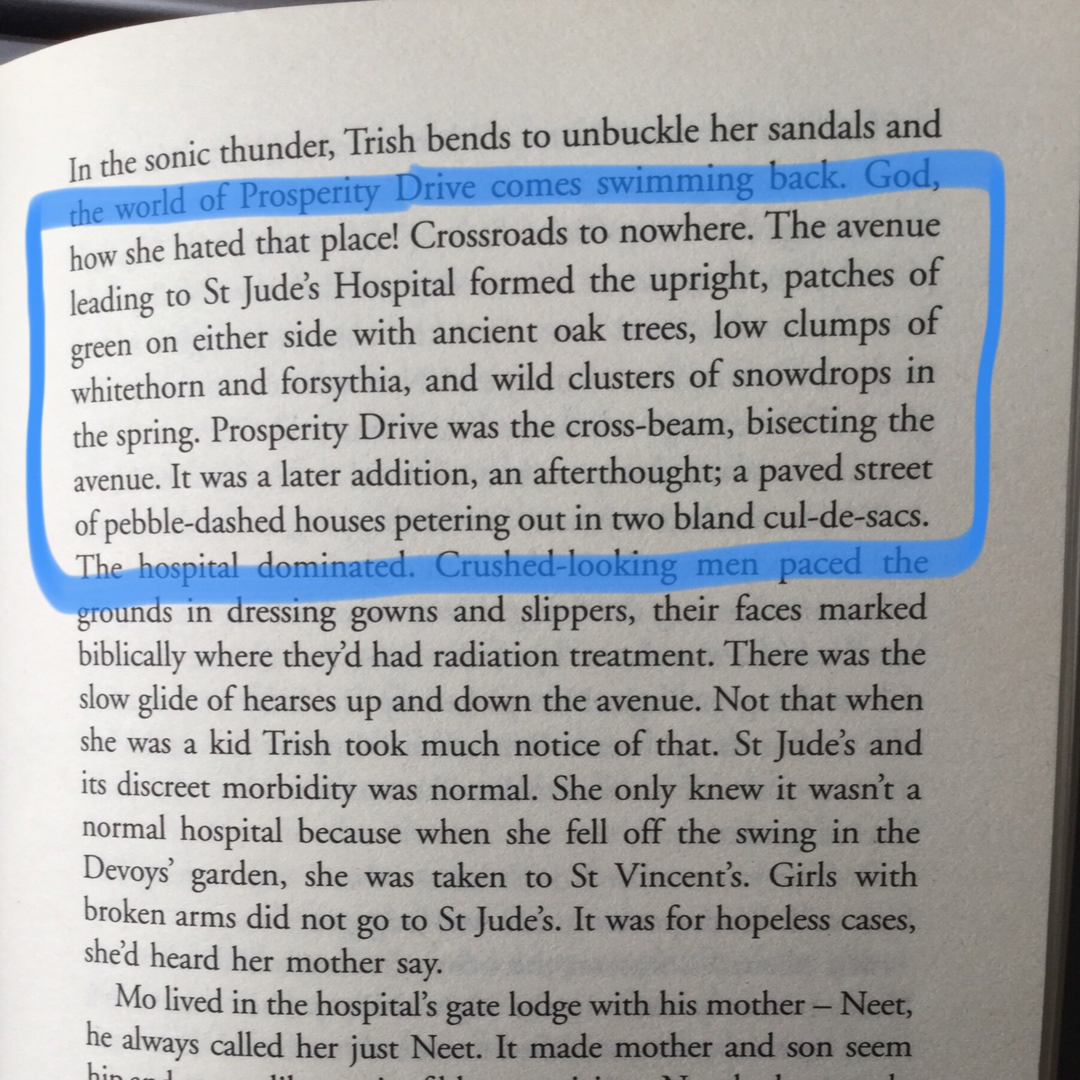
“Crossroads to nowhere The avenue leading to St Jude‘s Hospital formed the upright, patches of green on either side with ancient oak trees, low clumps of whitethorn and forsythia, and wild clusters of snowdrops in the spring. Prosperity Drive was the cross-beam, bisecting the avenue. It was a later addition, and afterthought: a paved street of pebble-dashed houses petering out in two bland cul-de-sacs.”
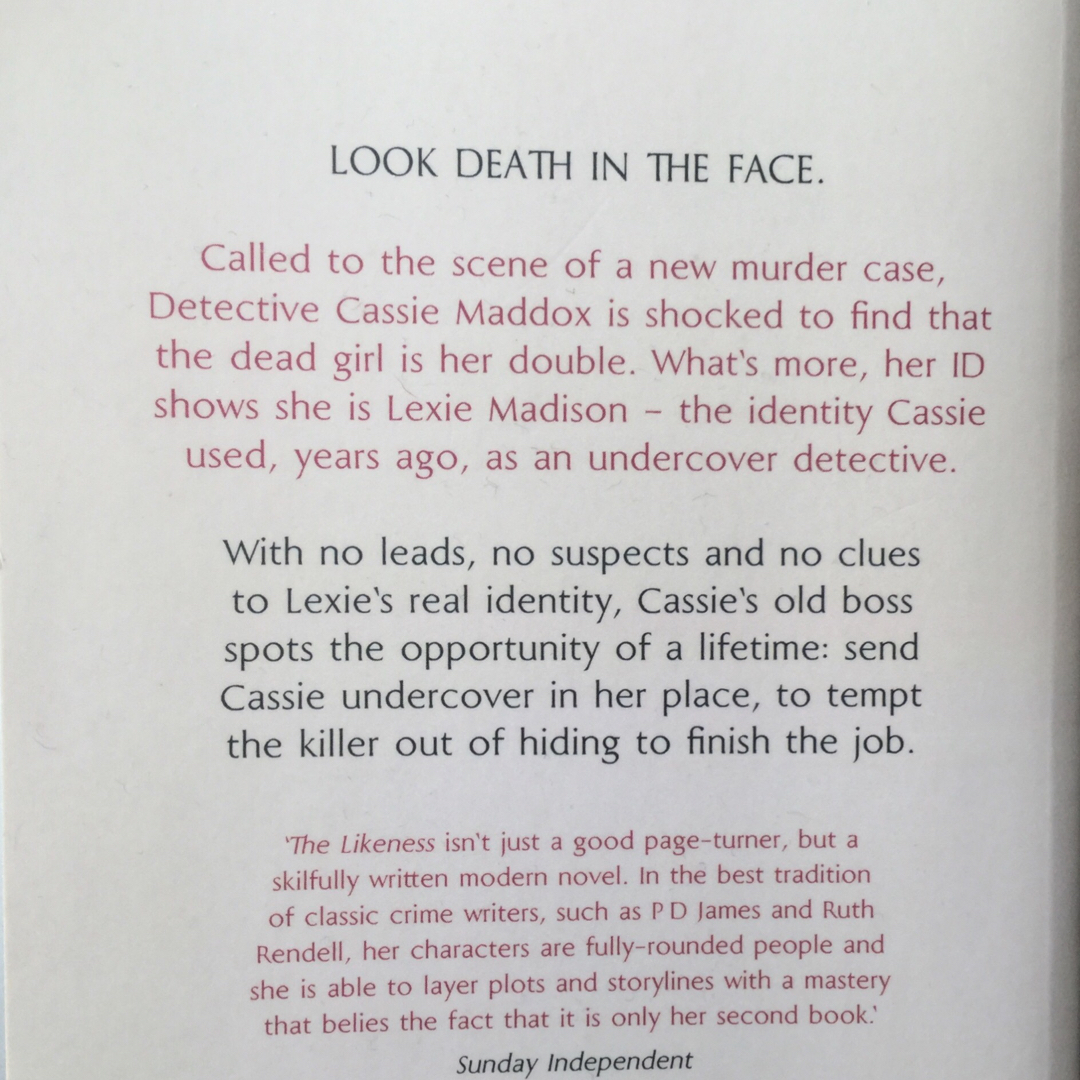
I‘ve been meaning to reread this novel for some time now and I‘m glad I finally got around to it. It‘s a long (nearly 700 pages), detailed, satisfying, complex detective story about identity, belonging, home and betrayal. Tana French is an amazing novelist.
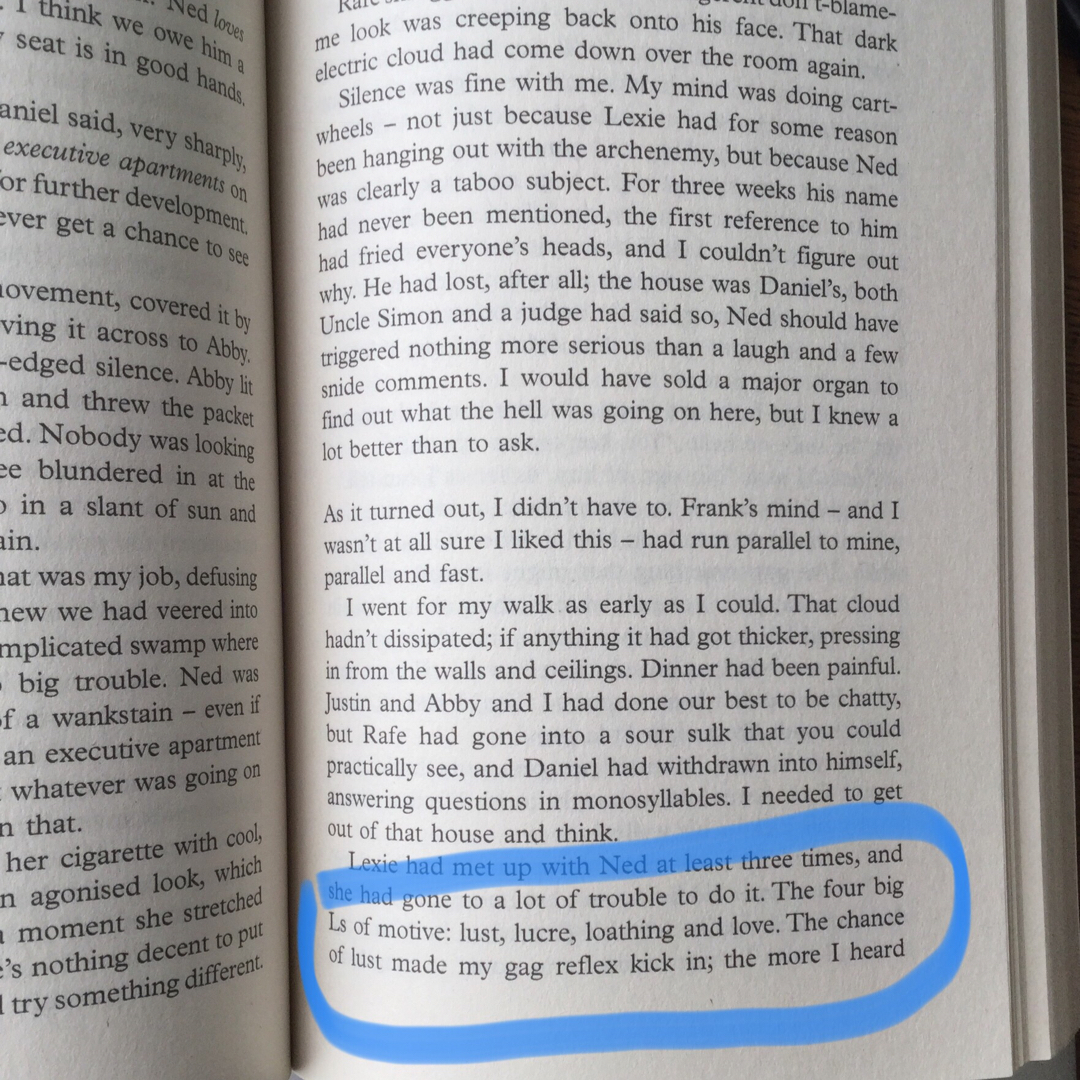
“The four big Ls of motive: lust, lucre, loathing and love.”
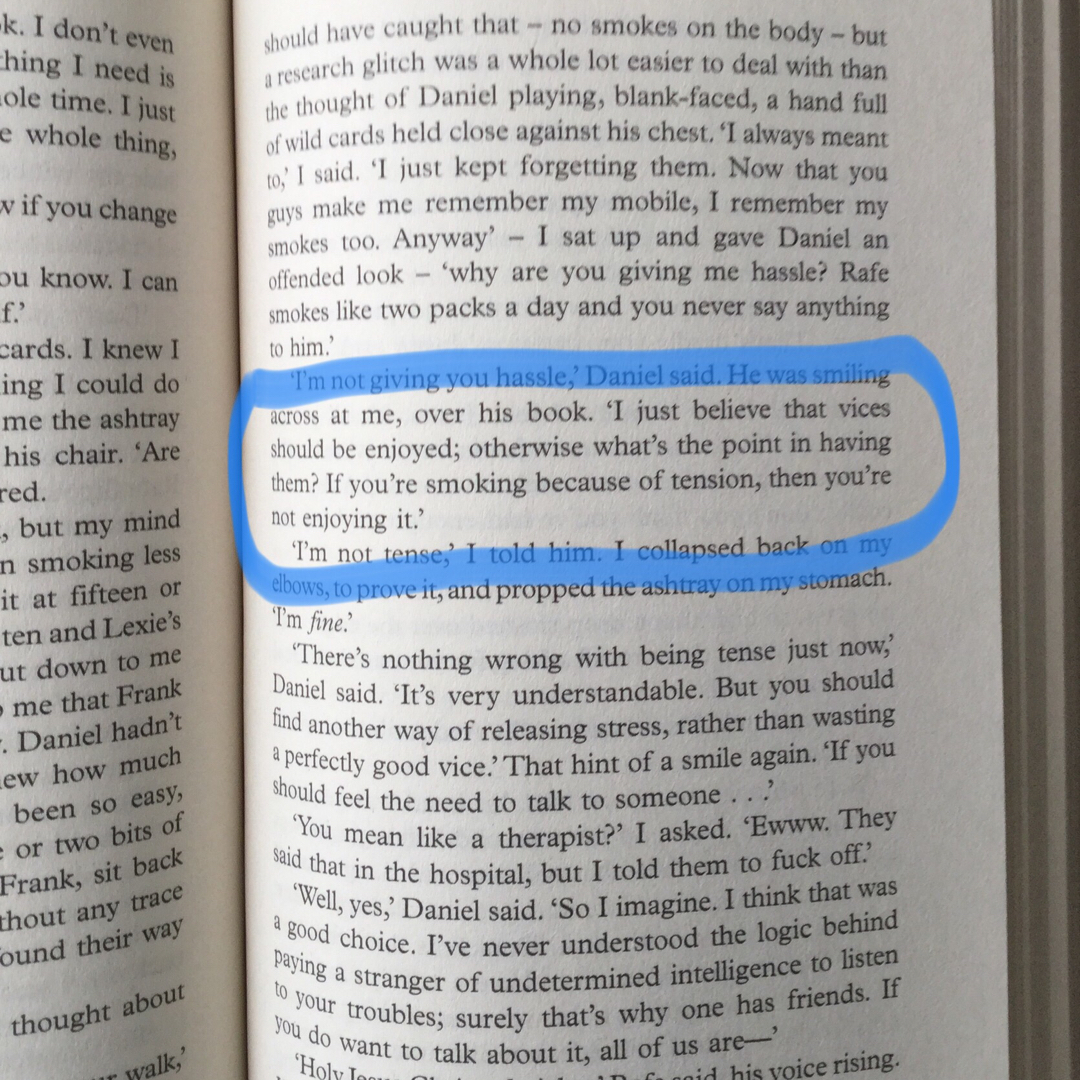
“I just believe that vices should be enjoyed; otherwise what‘s the point in having them? If you‘re smoking because of tension, then you‘re not enjoying it.”
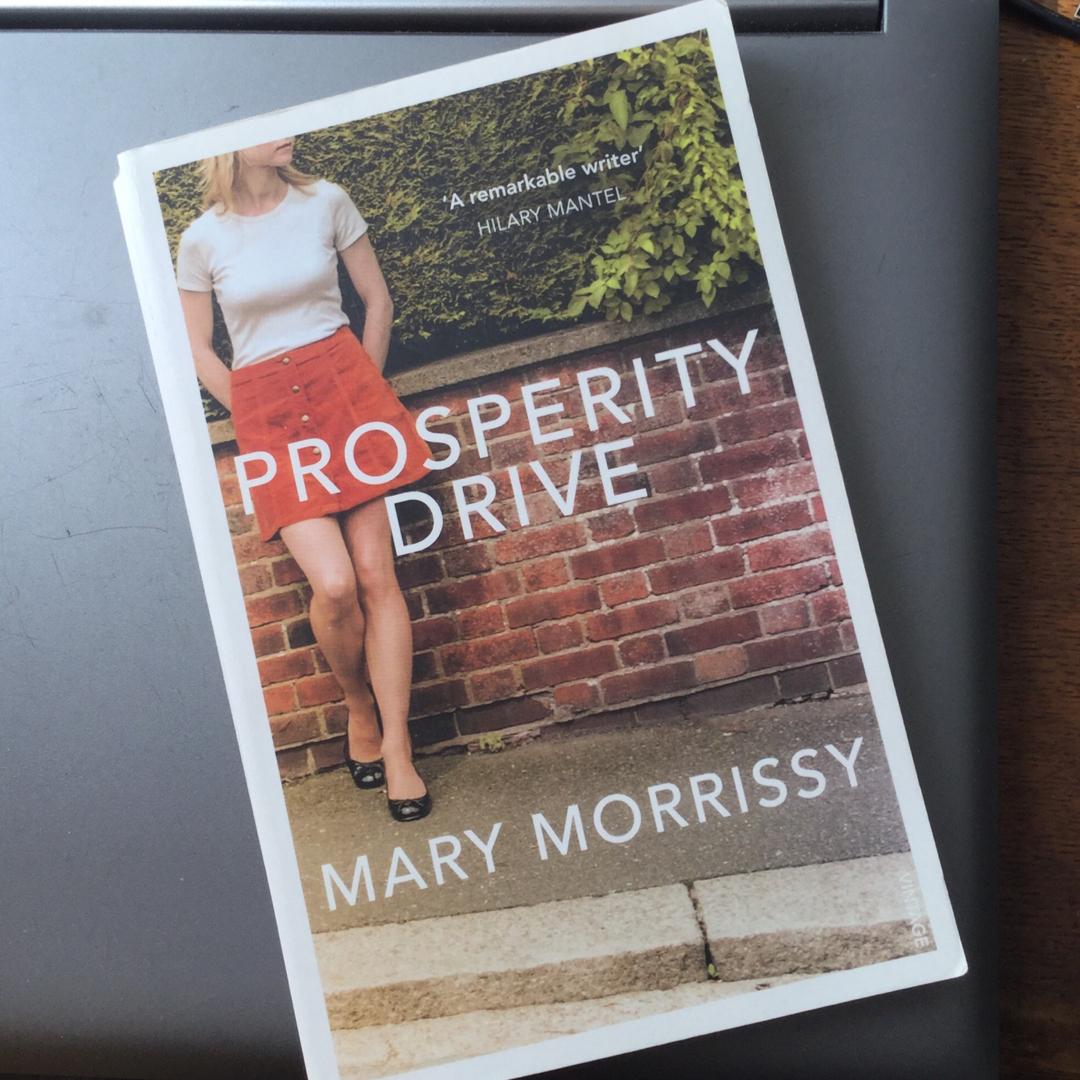
In 1980 and 1981, I lived in a flat in Sandycove, County Dublin. The author of this book lived two floors down during part of that time. I don‘t think I ever spoke to her, or even met her face-to-face, but I certainly had a crush on her. I‘ve never actually read anything by her—I‘m looking forward to this, which I found in a charity shop a few days ago.
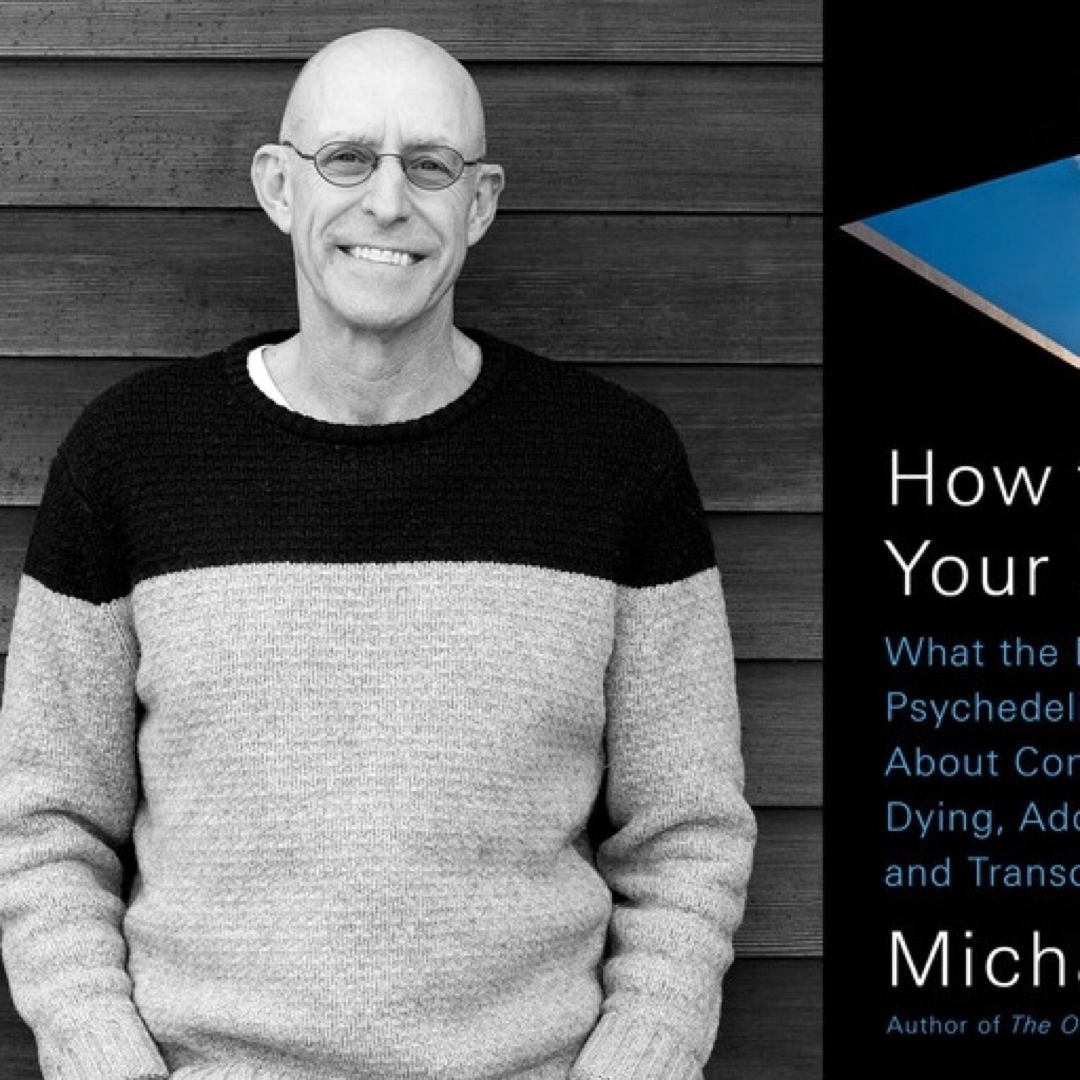
Just read a cooly balanced review of this by Laura Miller on Slate. Looking forward to reading the book. I haven‘t added it to the To Read stack yet because it might be some time before I get to it https://slate.com/culture/2018/05/lsd-research-michael-pollans-how-to-change-you...
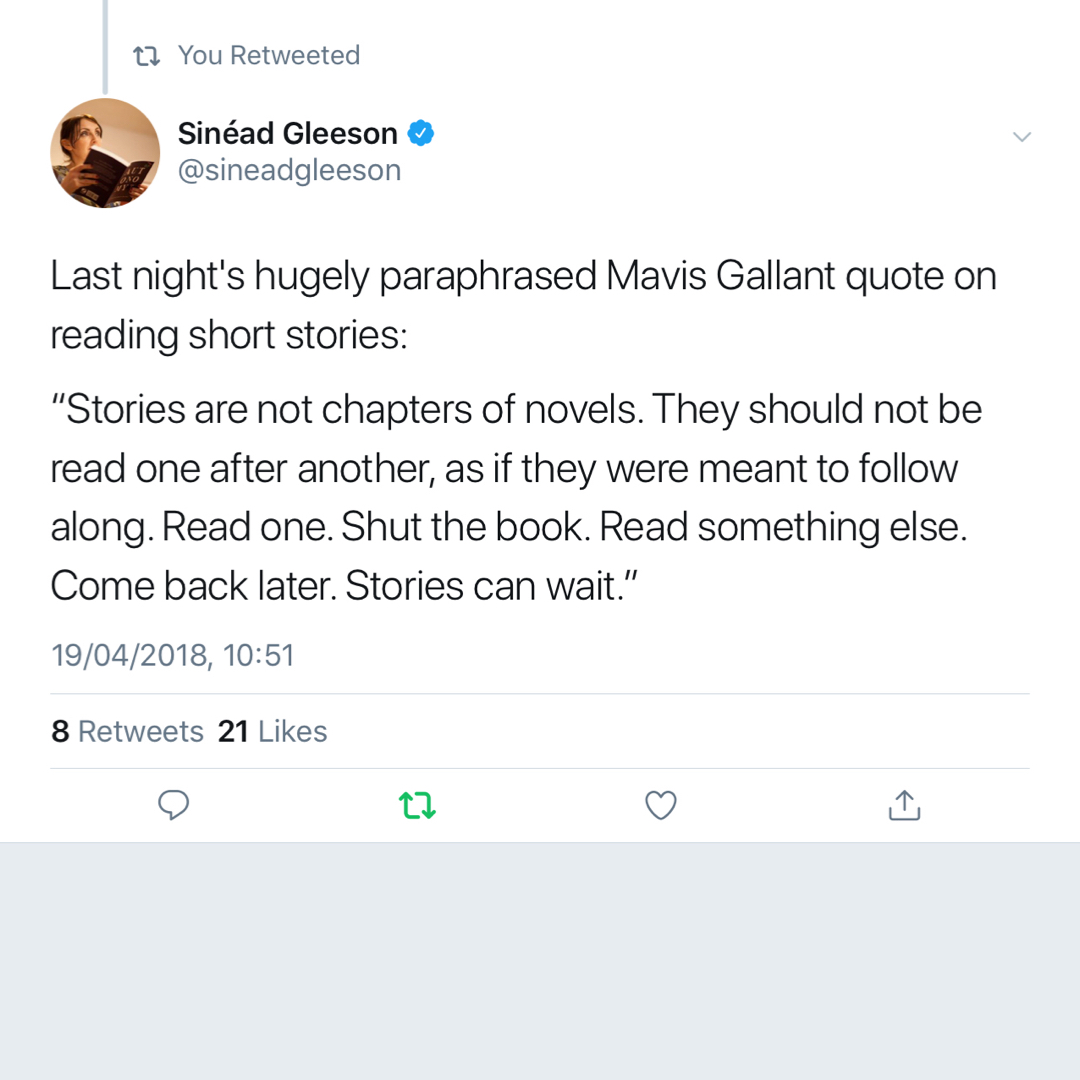
“Stories are not chapters of novels. They should not be read one after another, as if they were meant to follow along. Read one. Shut the book. Read something else. Come back later. Stories can wait.” From the Preface to her Collected Stories (1950).

Emma Healey‘s first novel, 𝐸𝑙𝑖𝑧𝑎𝑏𝑒𝑡𝒉 𝐼𝑠 𝑀𝑖𝑠𝑠𝑖𝑛𝑔, caught my attention when I noticed somebody reading the French translation on a train. Somehow, I never got around to reading it. This review of its successor makes me think it‘s time I did: https://www.theguardian.com/books/2018/may/13/whistle-in-the-dark-emma-healey-re...

A bit of a disappointment. That a majority of people can literally visualize things in their heads is still an exciting new discovery for me, but this book contains a lot of undigested raw data which probably won‘t appeal to someone who‘s not as fascinated as I am. I found answers to a couple of questions I had about the condition. A Pick for those with aphantasia, I‘m guessing a Pan for others, so I‘m averaging it out.
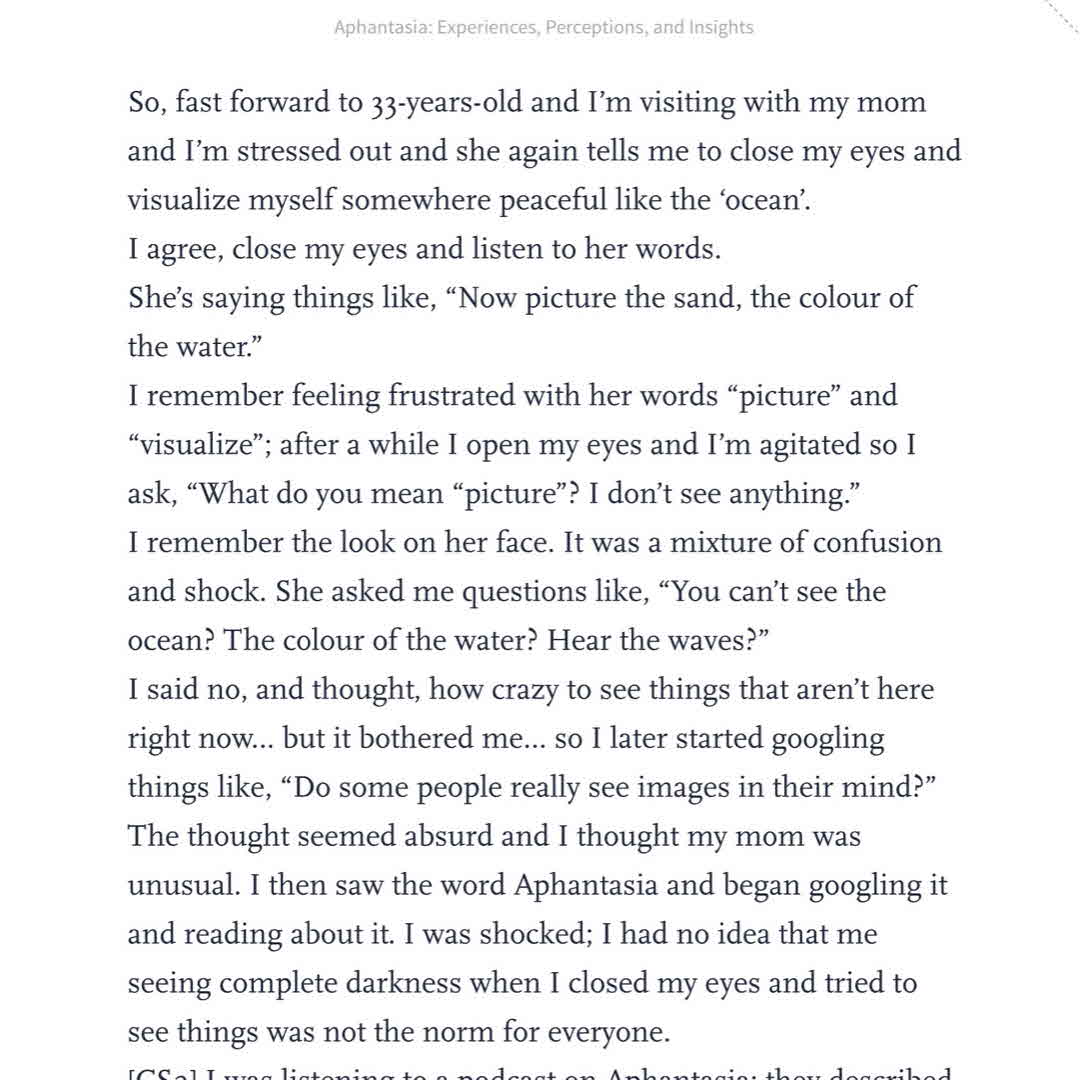
“What do you mean ‘picture‘? I don‘t see anything.”

This book is part personal memoir, part literary criticism and part argument about sexuality. Not a combination I remember having encountered before, it works just as well as I‘d have expected—which is to say it works brilliantly. The first chapter opened my eyes to A Midsummer Night‘s Dream which had previously been one of my least favourite Shakespeare plays.
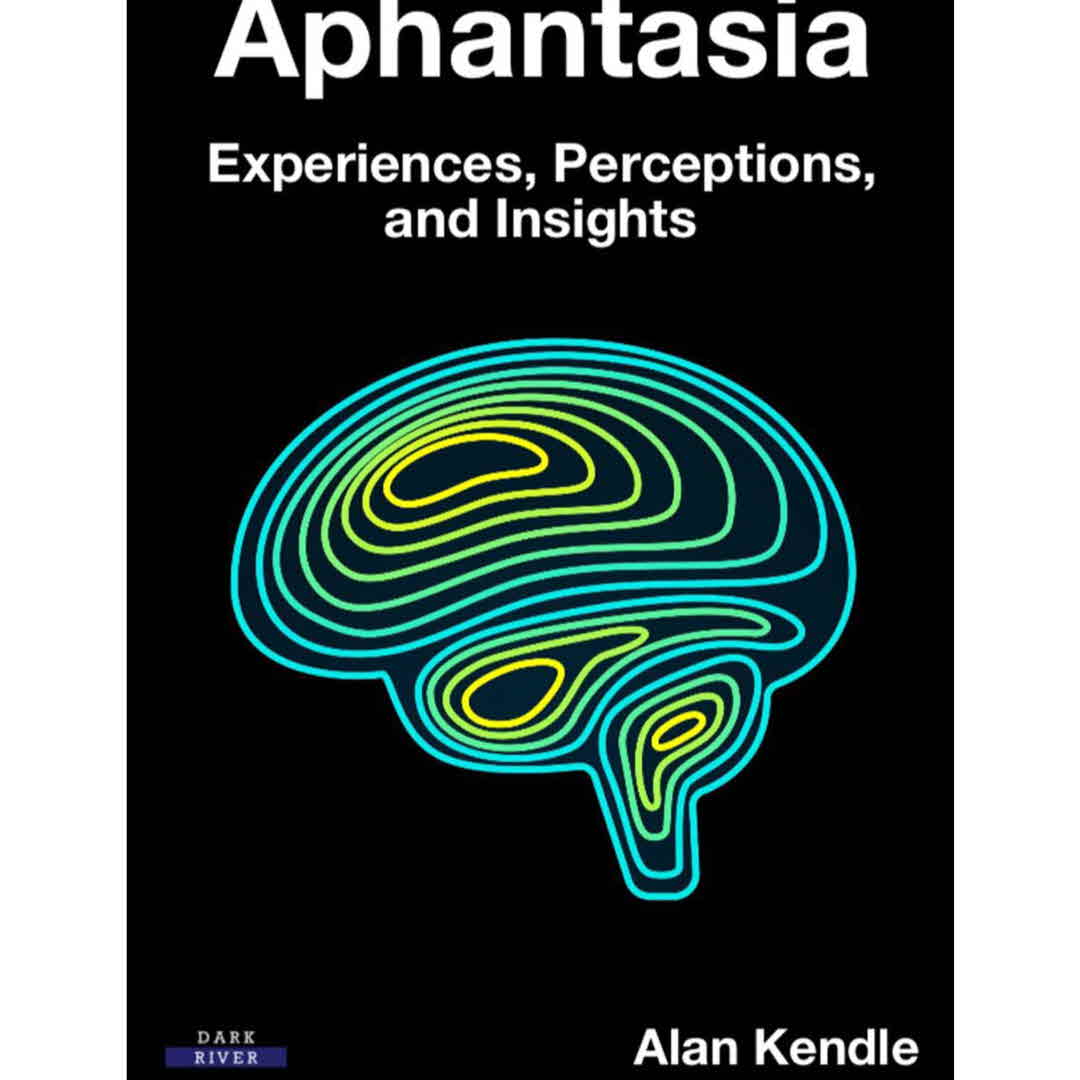
I must read this book. I discovered that I have aphantasia (which has huge implications for the way I read and write fiction) 2 years ago but didn‘t quite manage to believe that it‘s a real thing. I wrote about it here just yesterday: @artkavanagh/straight-a-s-a2b0b3bc8425" rel="nofollow" target="_top">https://medium.com/@artkavanagh/straight-a-s-a2b0b3bc8425
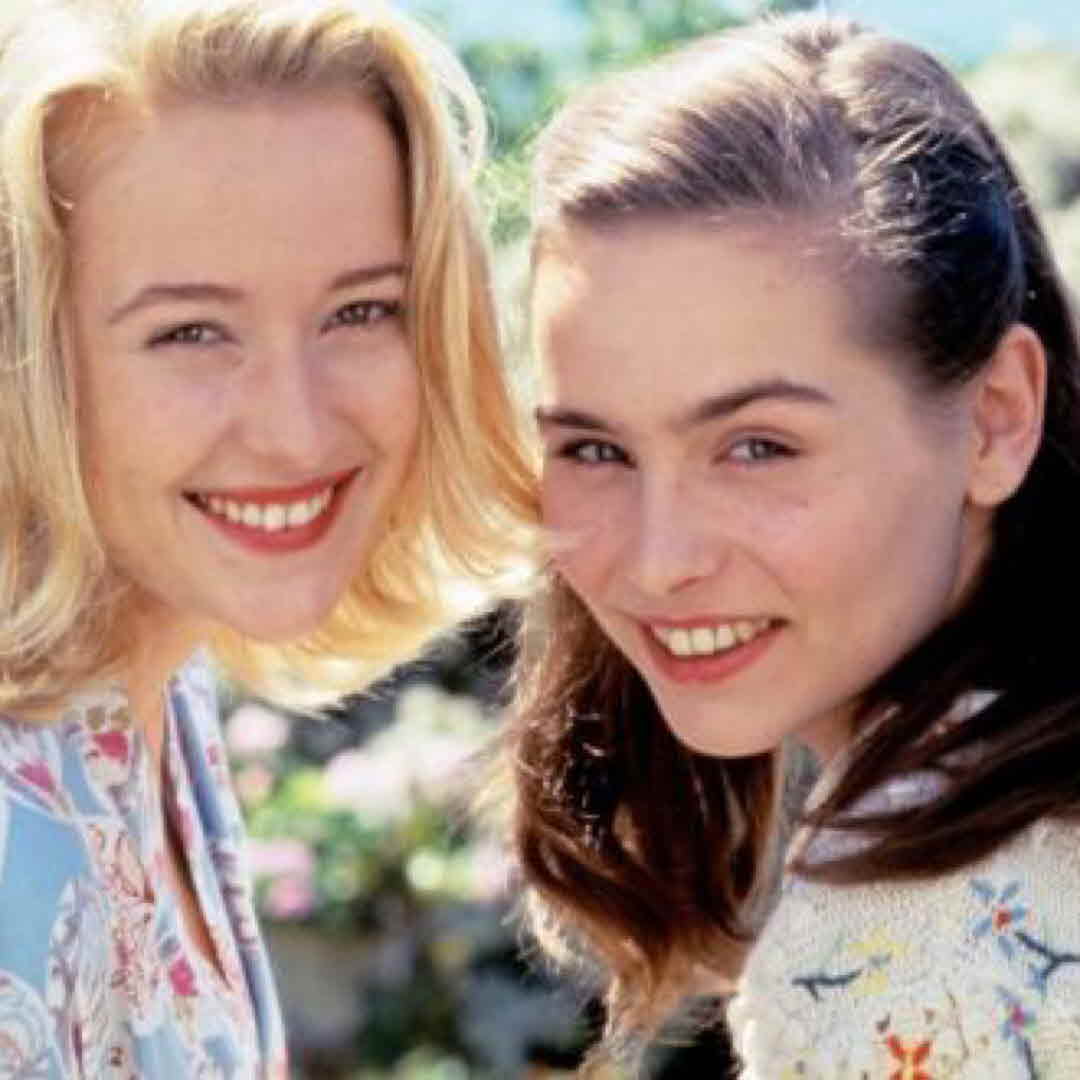
I always meant to read this — I enjoyed the tv series — but it slipped through the net. Nice to be reminded.
https://www.irishtimes.com/culture/books/in-praise-of-older-books-the-camomile-l...

Some of the ways in which books and reading “have a strange relationship with memory”, according to C. D. Rose https://electricliterature.com/the-best-book-is-the-one-you-cant-remember-33d387...

“His career path is very straight, like that of an arrow to its target. If I were to draw my path out, it would look like a gas particle flying around in space.”
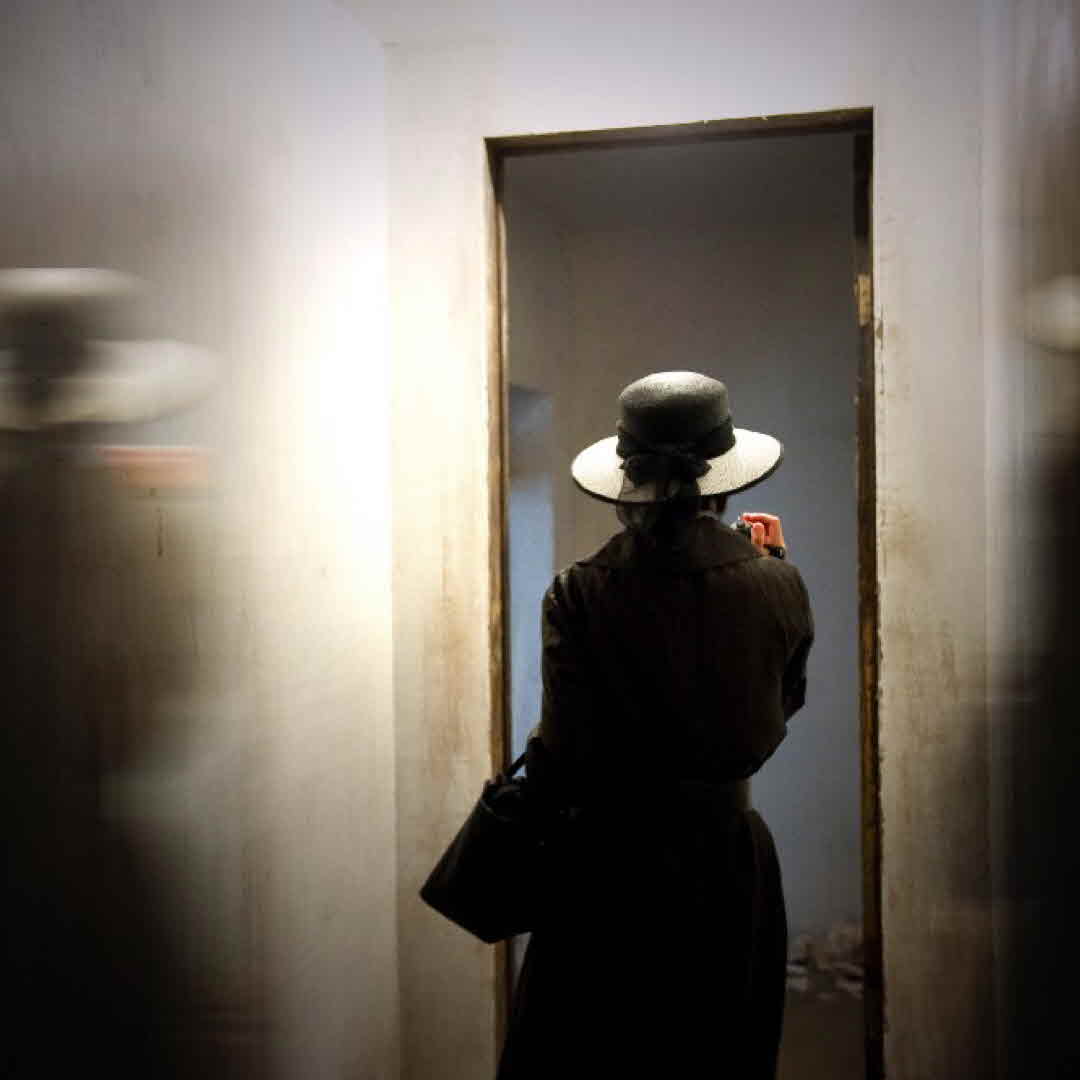
Author Olivia Kiernan recommends some compelling novels by other Irish women crime writers in Electric Literature. Several of these are going on my to read list straight away
https://electricliterature.com/7-crime-novels-written-by-irish-women-d0468b165a5...
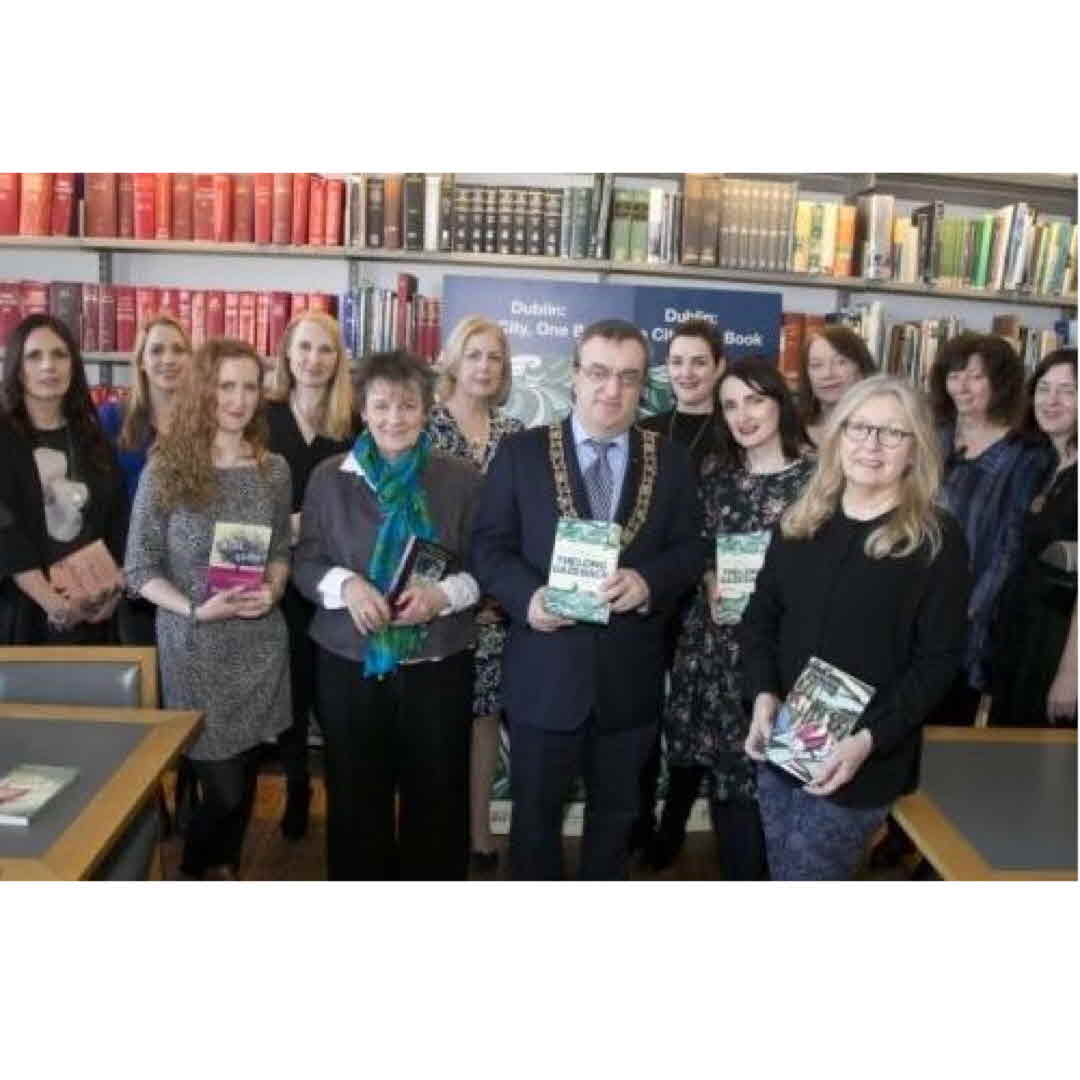
Three of the “new” writers in this landmark anthology of short stories by women writers in Ireland — EM Reapy, June Caldwell and Roisín O‘Donnell — write in the Irish Times about the experience https://www.irishtimes.com/culture/books/new-voices-in-the-long-gaze-back-june-c...